Frontiers in African Economic History – AEHN’s blog – diffuses research-based content and promotes discussion concerning the study of long-term African development. The blog provides authors a platform to disseminate easily accessible summaries (700 words) of their recently published research (articles, book chapters, book reviews, theses), publishes interviews with key scholars in the field, and discusses relevant developments. We welcome blog contributions and suggestions. Please contact the editors (Rebecca Simson, Jeanne Cilliers and Michael Chanda Chiseni) to discuss possible posts.
Forced to change: factor endowments, monopsony, and forced labour transitions in colonial Angola’s diamond mines
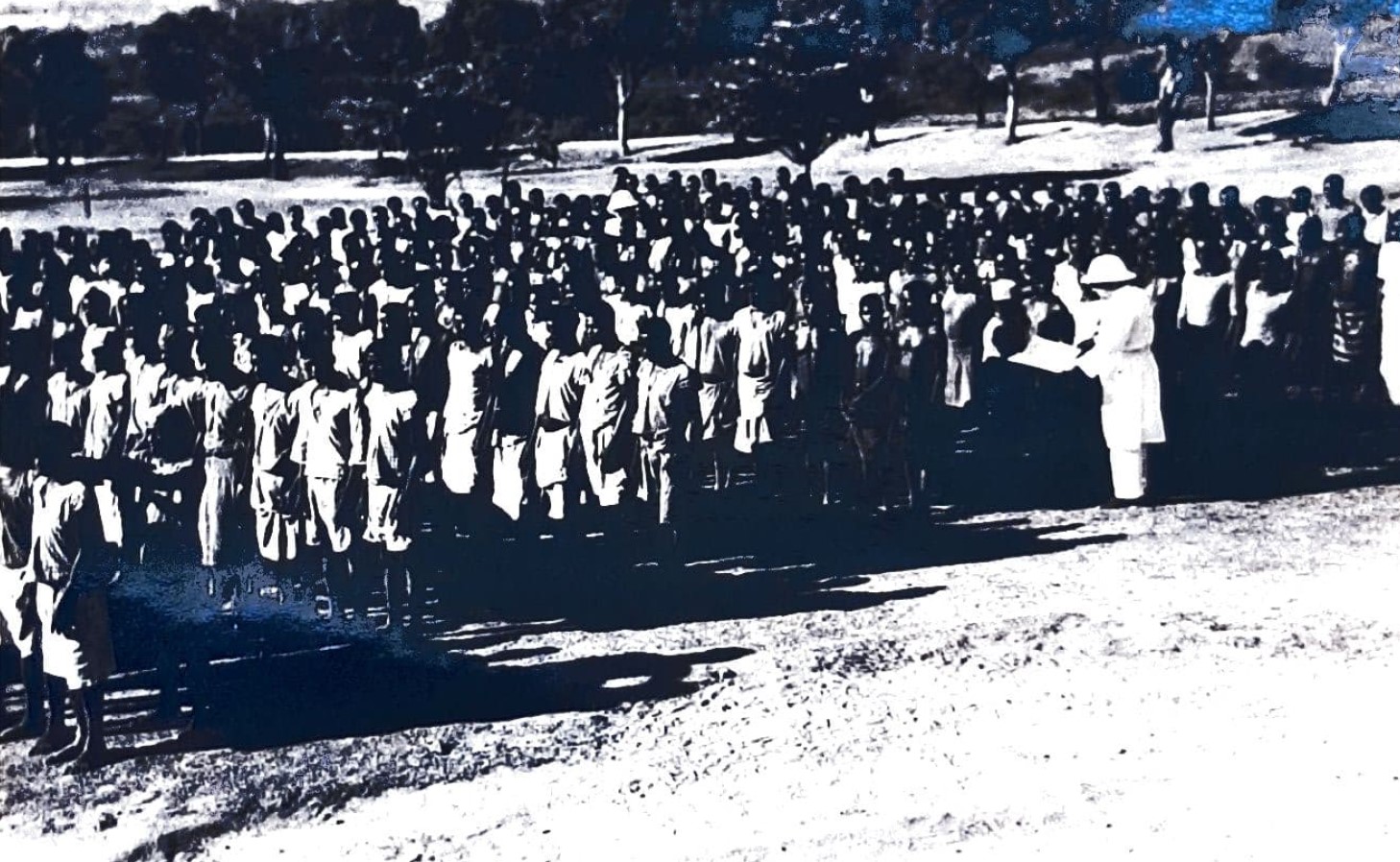
Read more
The Revival of African Economic History in the 21st Century: a Bibliometric Analysis
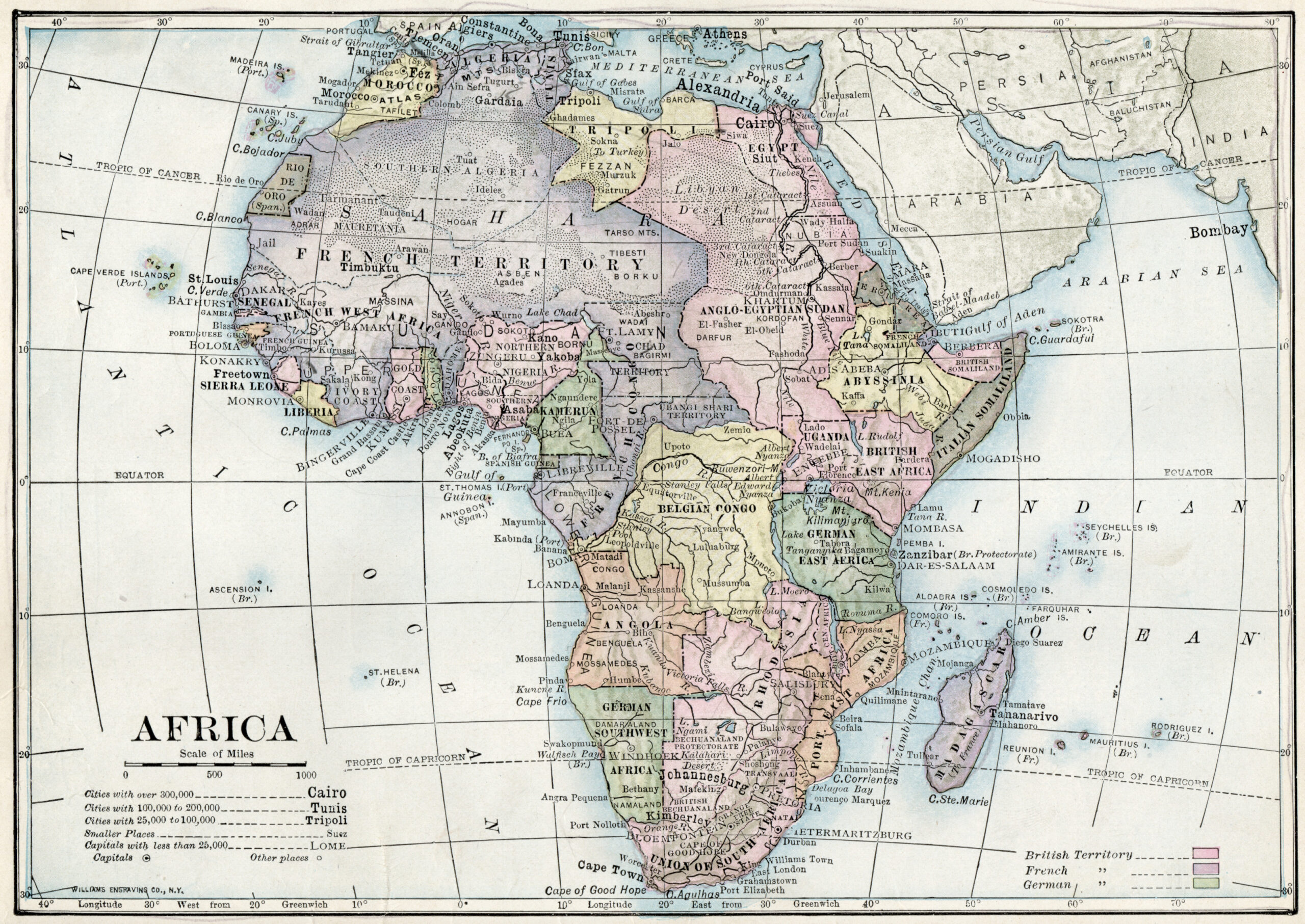
Read more
What about the widows? Widowhood and households in Cape Town 1938/1939
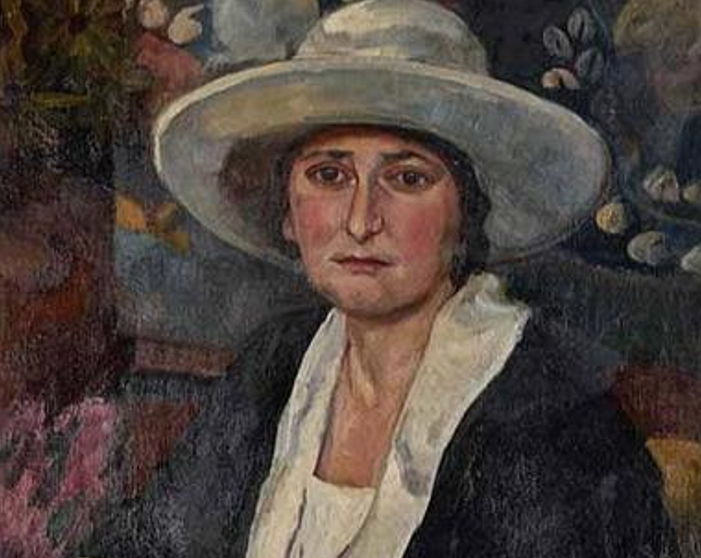
Read more
Firm profitability and forced wage labour in Portuguese Africa: Evidence from the Sena Sugar Estates

Read more
Regulatory capture in the British Empire: The British South Africa Company and the redefinition of property rights in Southern Africa

Read more
African Time Travellers: What can we learn from 500 years of written accounts?
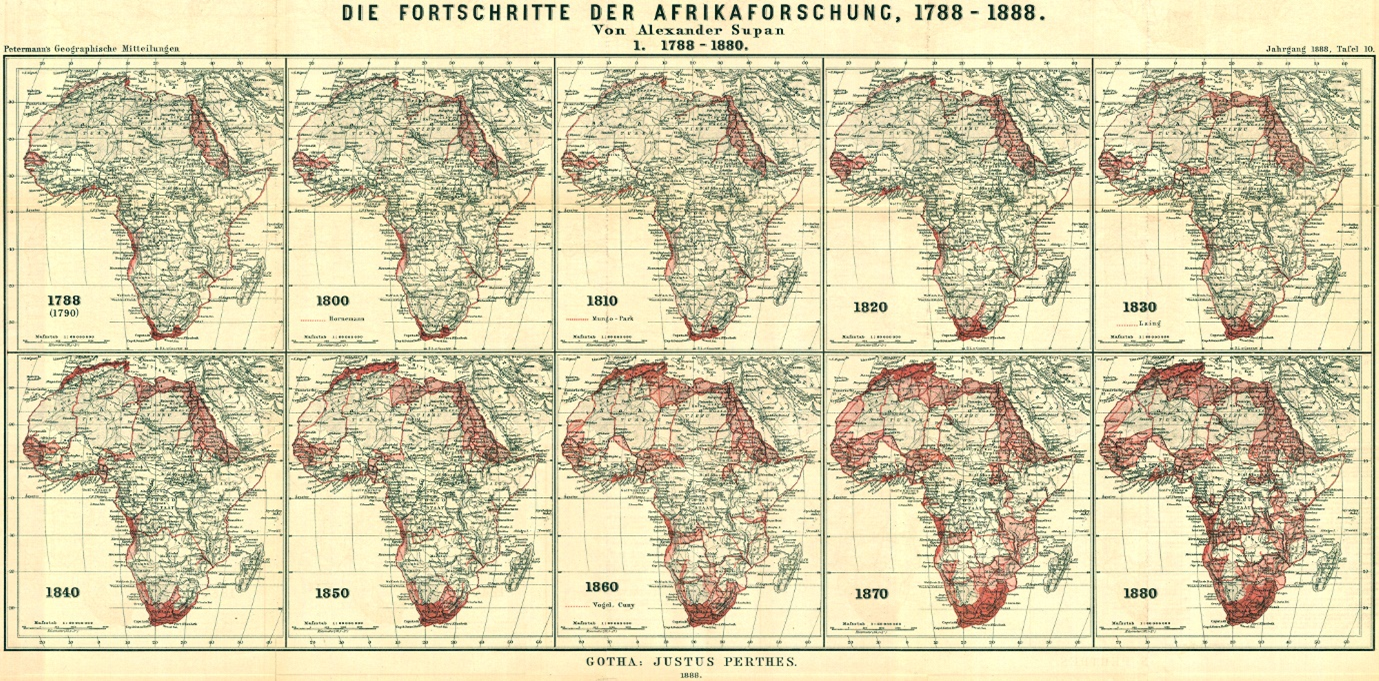
Read more
Elite persistence in Sierra Leone: what can names tell us?
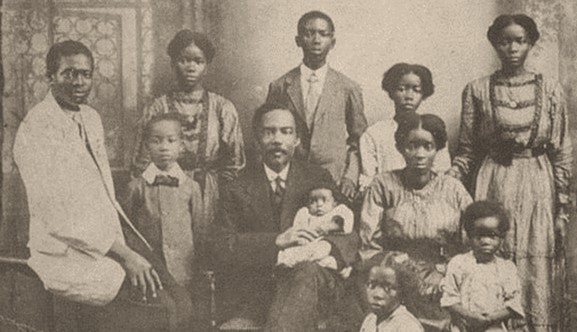
Read more
The Manufacturing Industry in Colonial Zimbabwe, 1890-1979

Read more
Income inequality and export-oriented commercialization in colonial Africa: Evidence from six countries
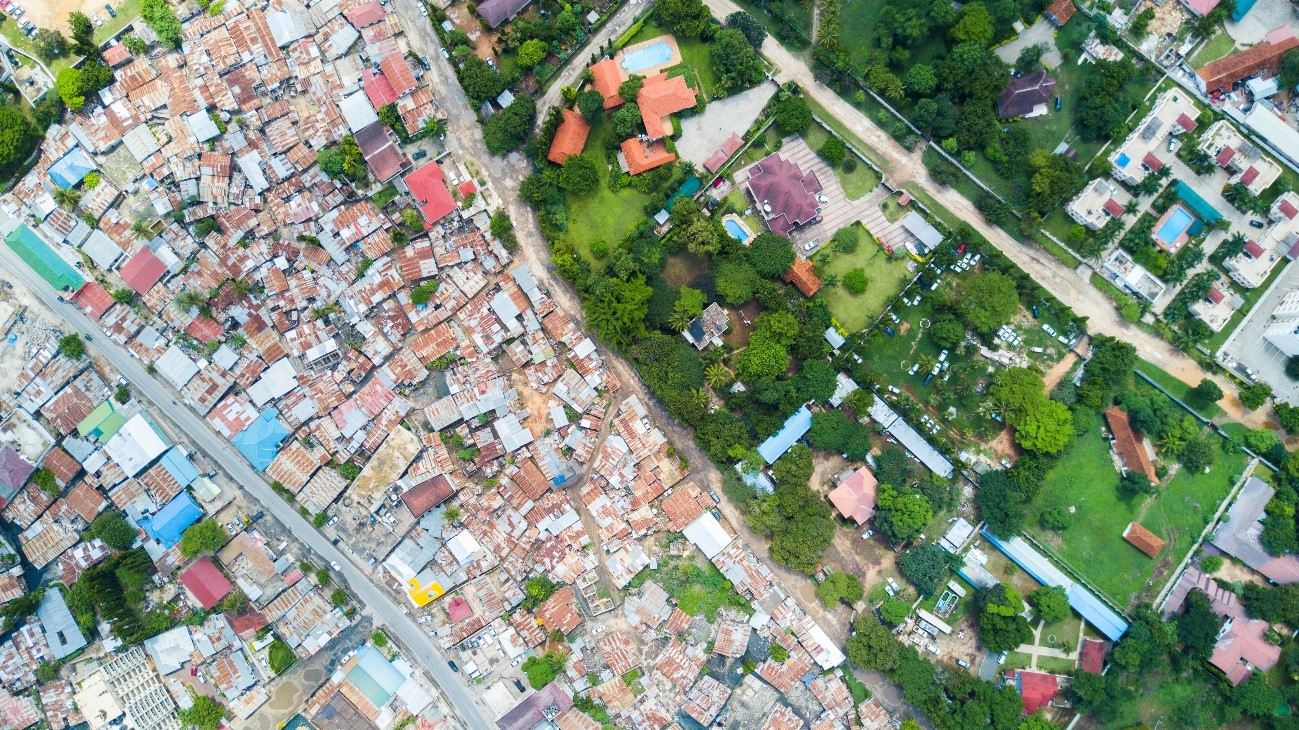
Read more
The Development of Colonial Health Care Provision in Ghana and Côte d’Ivoire, 1900-1955

Read more
The Side Effects of Immunity: Malaria and African Slavery in the United States
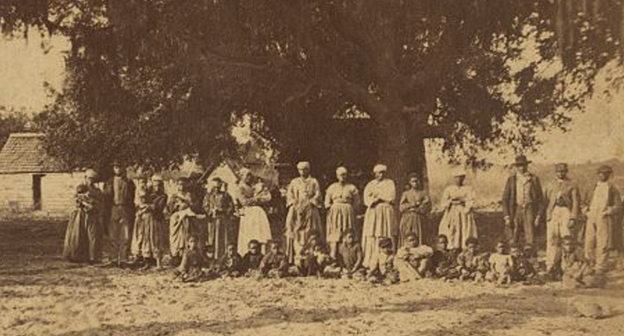
Read more
Sindhi Businessmen and Postcolonial Industrial Development in Ghana
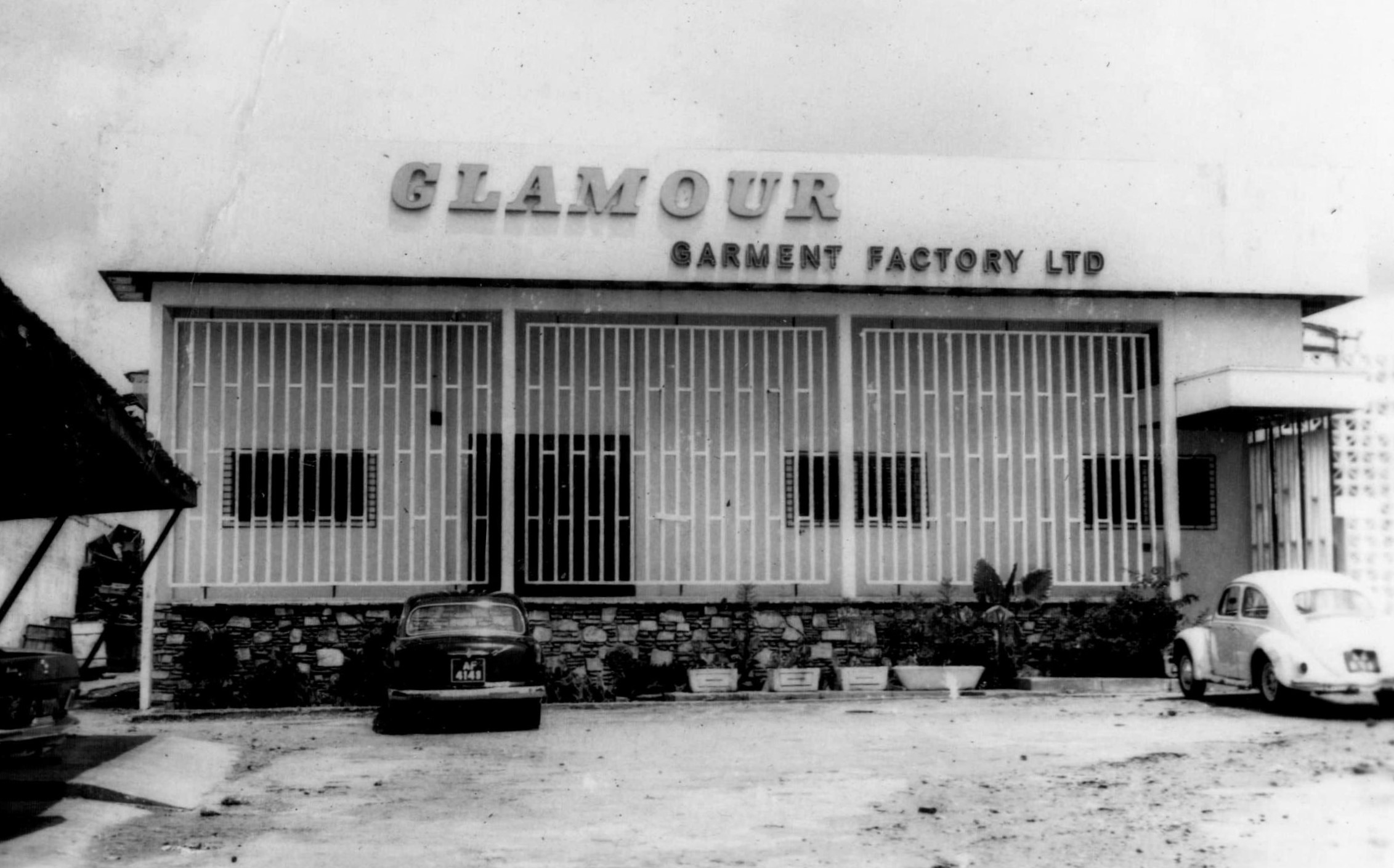
Read more
Colonial Origins and Quality of Education: Evidence from Cameroon
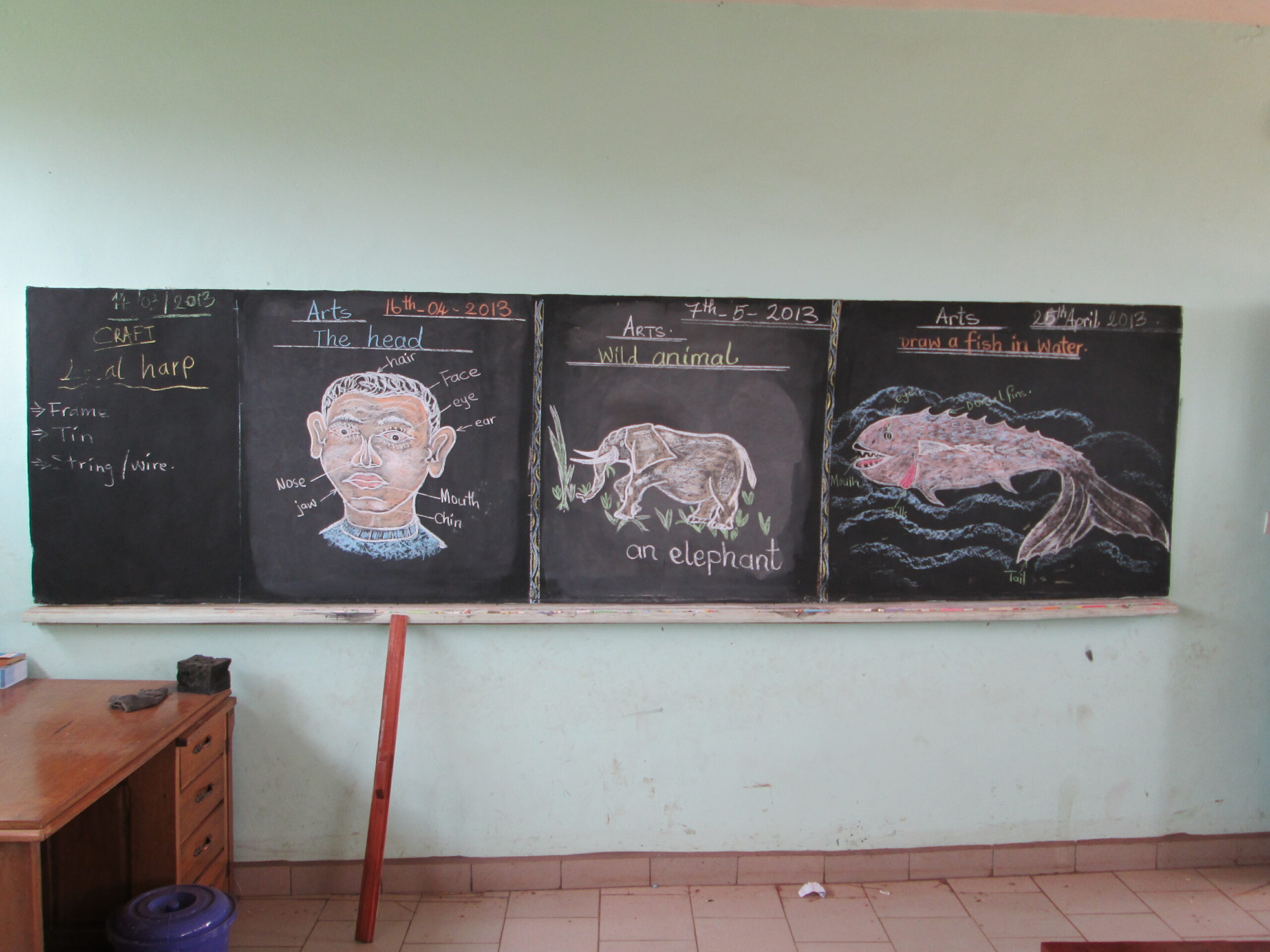
Read more
Inequality Regimes in Africa from Pre-Colonial Times to the Present
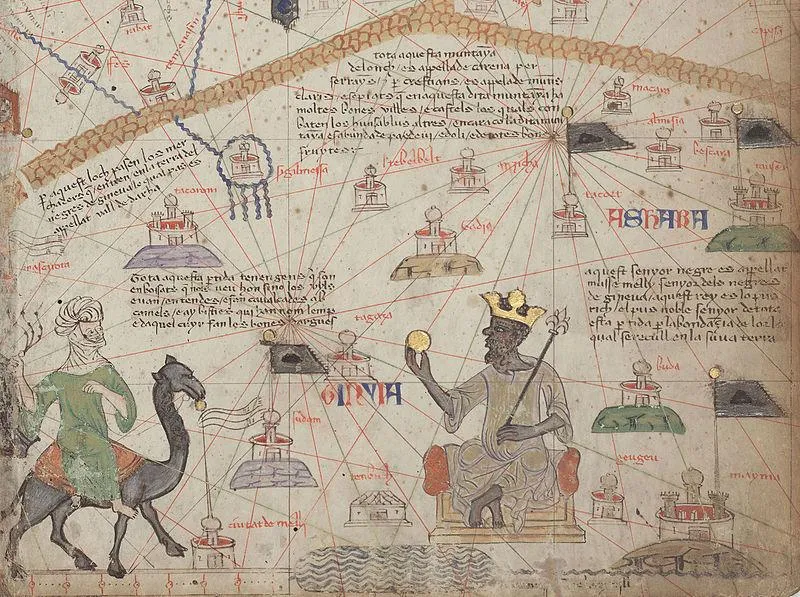
Read more
Malthus in the Middle East

Read more
Leader Selection and Why it Matters: Education and the Endogeneity of Favoritism in 11 African Countries
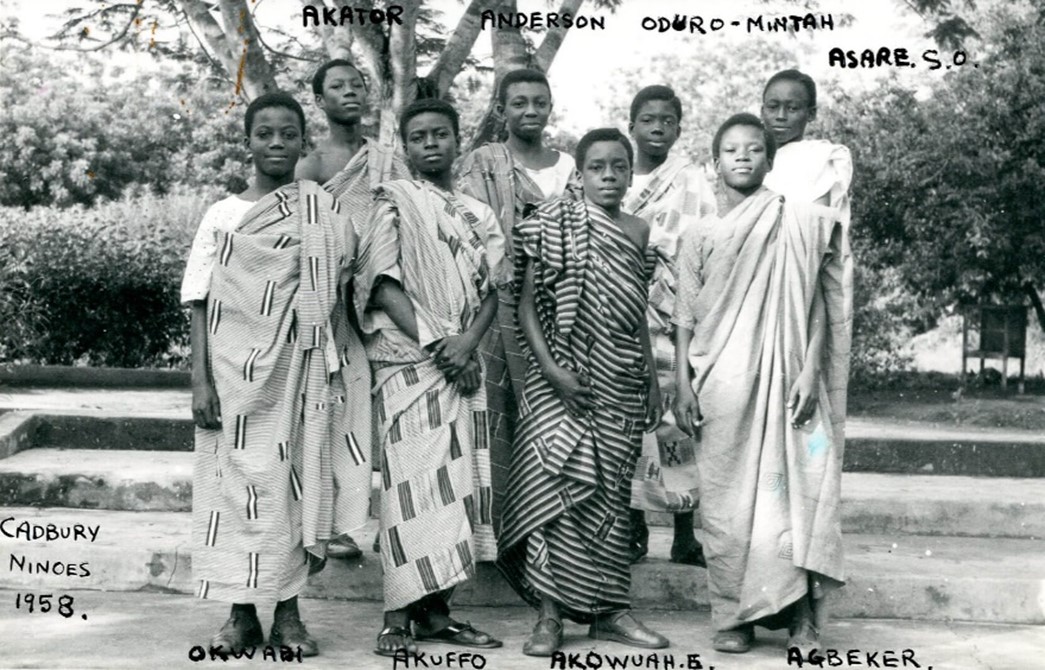
Read more
The Fiscal State in Africa: Evidence from one Century of Growth, 1900-2015
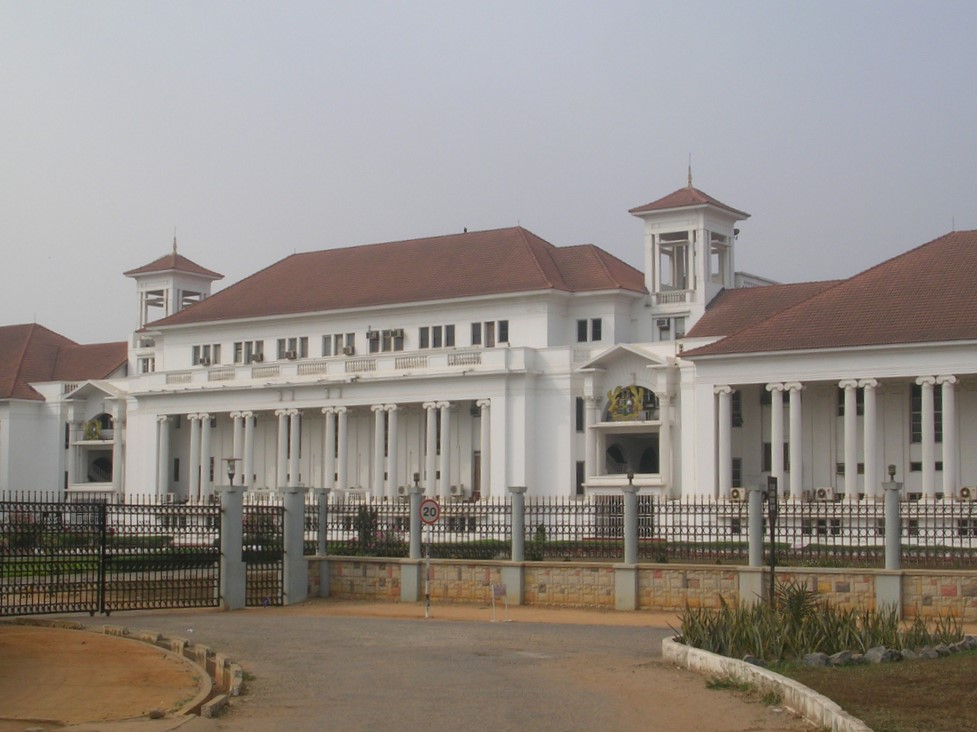
Read more
Education and Polygamy: Evidence from Cameroon

Read more
Local Advantage in a Global Context. Competition, Adaptation and Resilience in Textile Manufacturing in the ‘Periphery’, 1860-1960
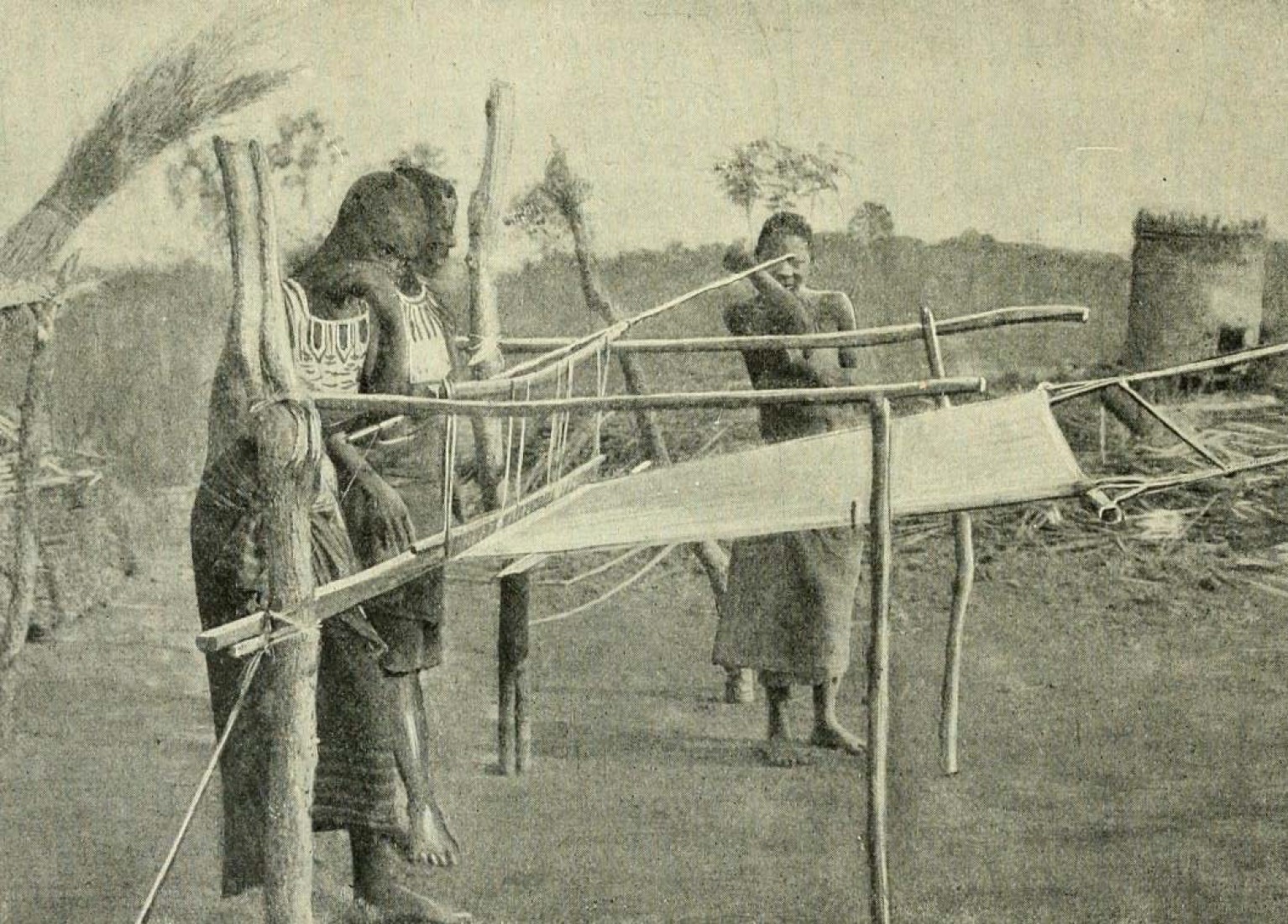
Read more
What about the Race between Education and Technology in the Global South?
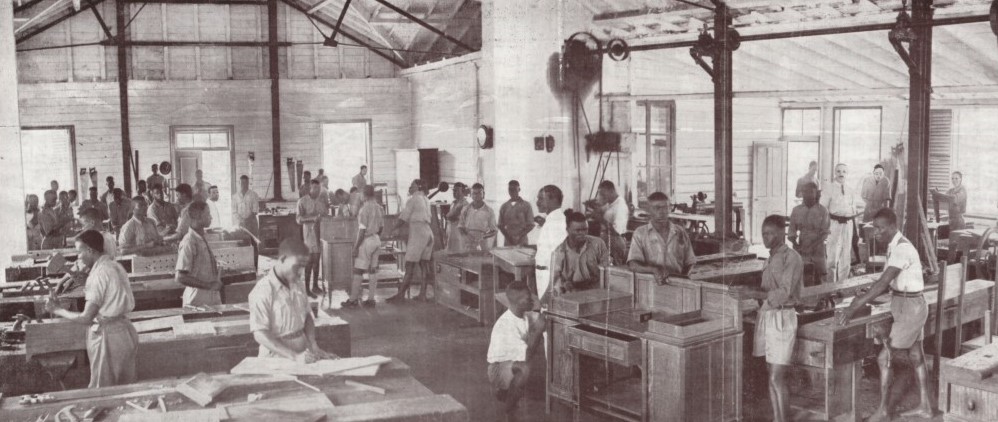
Read more
Legacies of Loss: The Health Outcomes of Slaveholder Compensation in the British Cape Colony
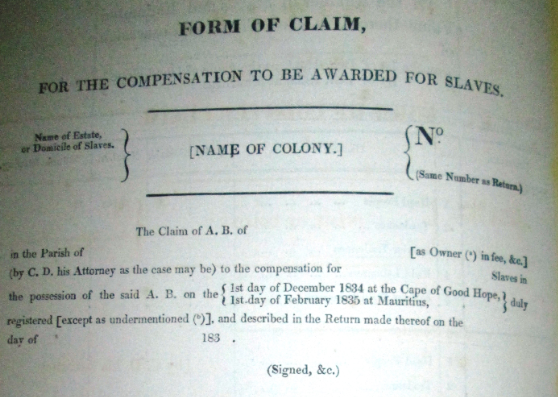
Read more
The Economics of Missionary Expansion

Read more
Migration in Africa: Shifting Patterns of Mobility from the 19th to the 21st Century
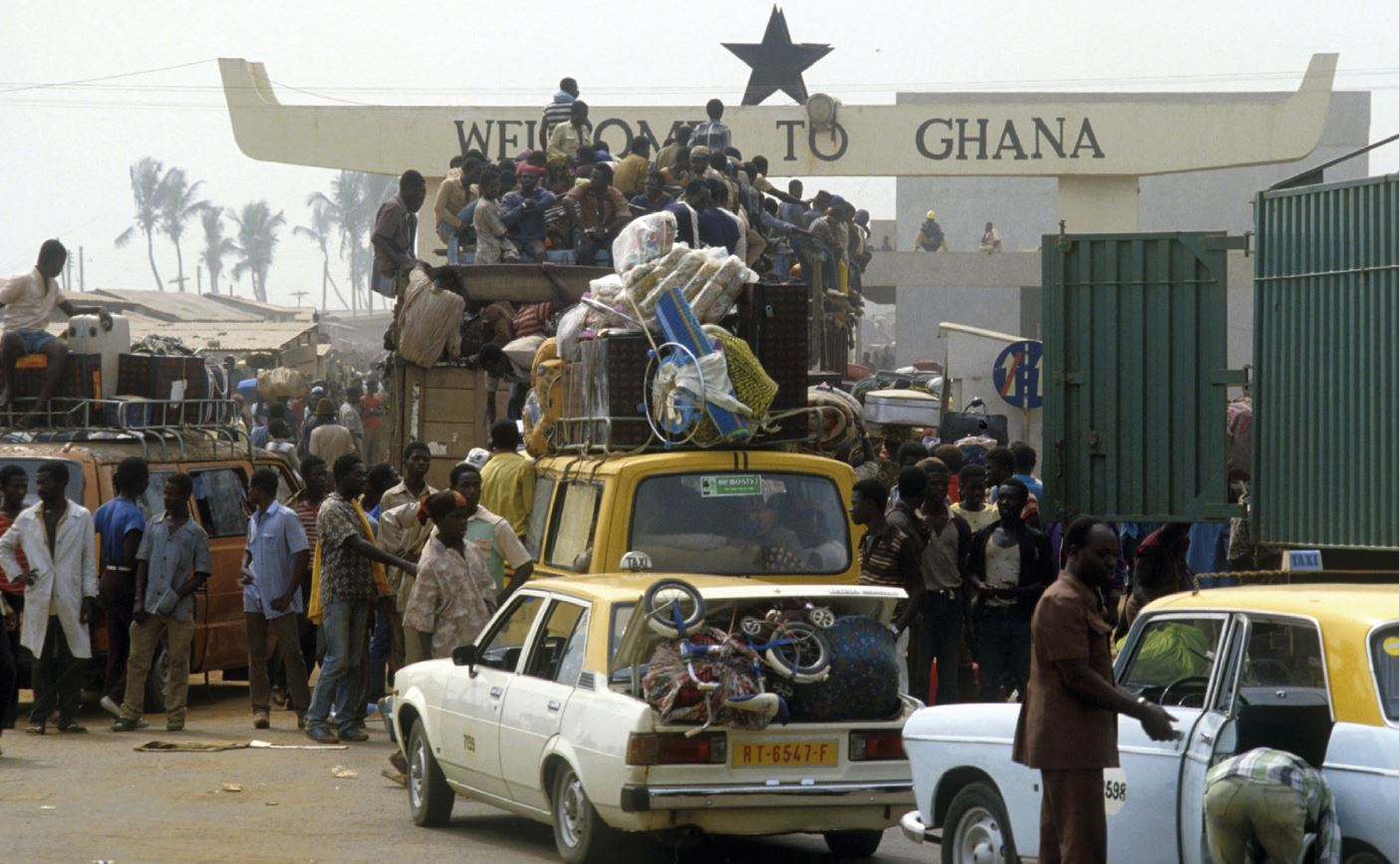
Read more
Washington Consensus Reforms and Economic Performance in Sub-Saharan Africa: Lessons from the Past Four Decades
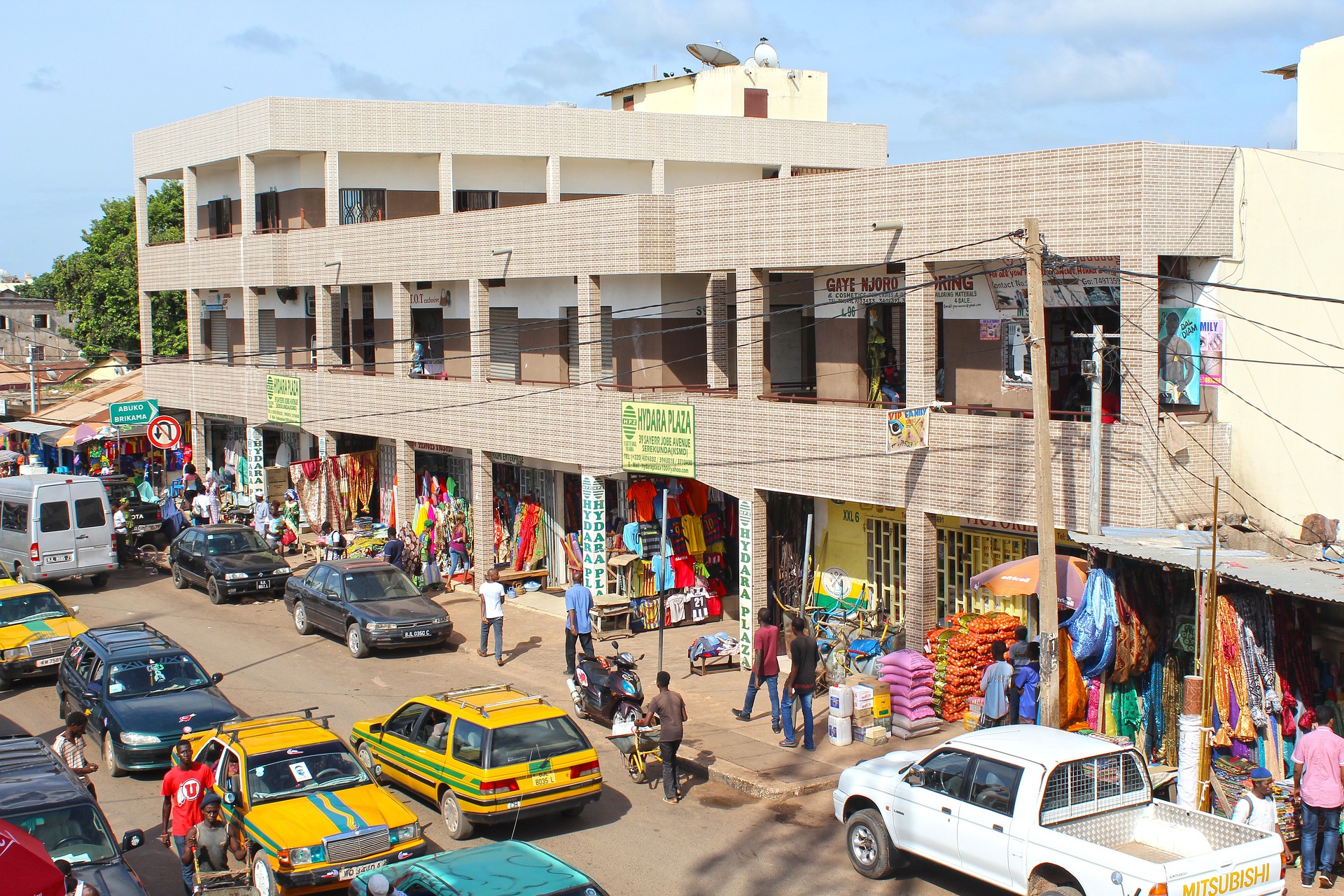
Read more
Colonial Legacies, Ethnicity and Fertility Decline in Kenya: What has Financial Inclusion got to do with it?

Read more
Economic Growth in Sub-Saharan Africa, 1885-2008: Evidence from Eight Countries

Read more
The ILO and the Making of Labour Policies in Colonial Nigeria
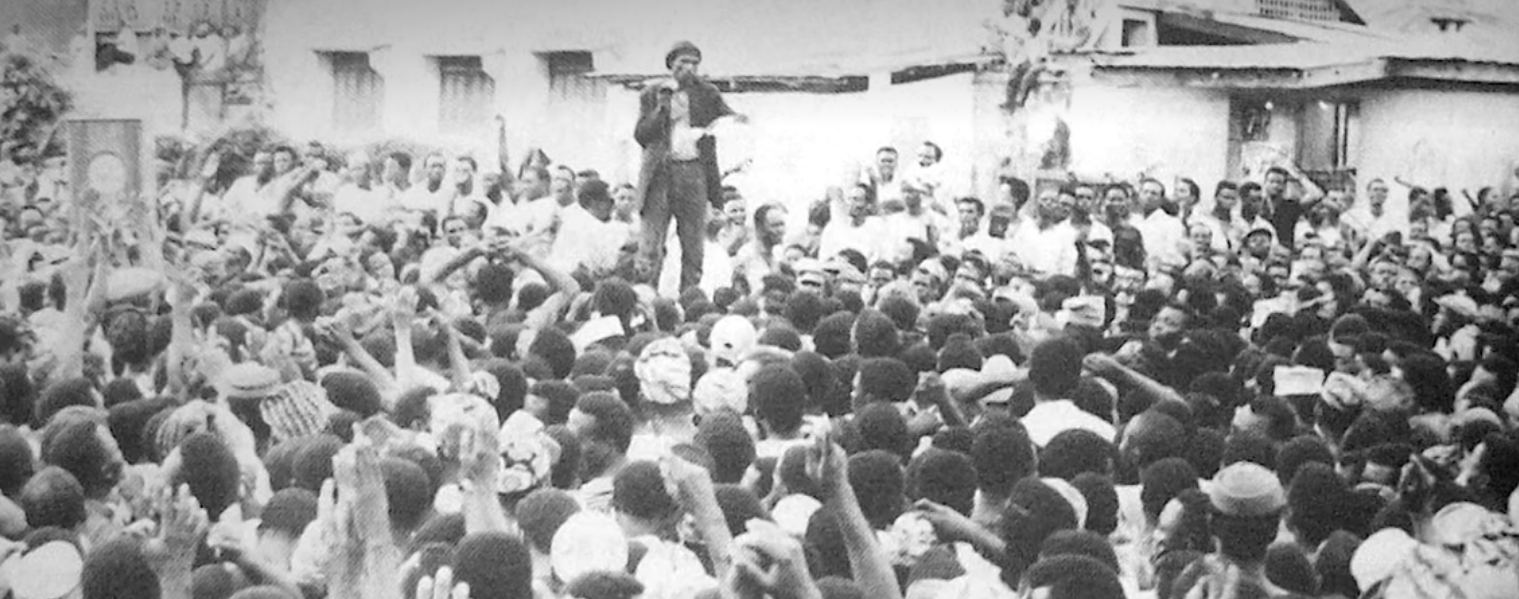
Read more
Fiscal Capacity in ‘Responsible Government’ Colonies: the Cape Colony in Comparative Perspective, 1865-1910
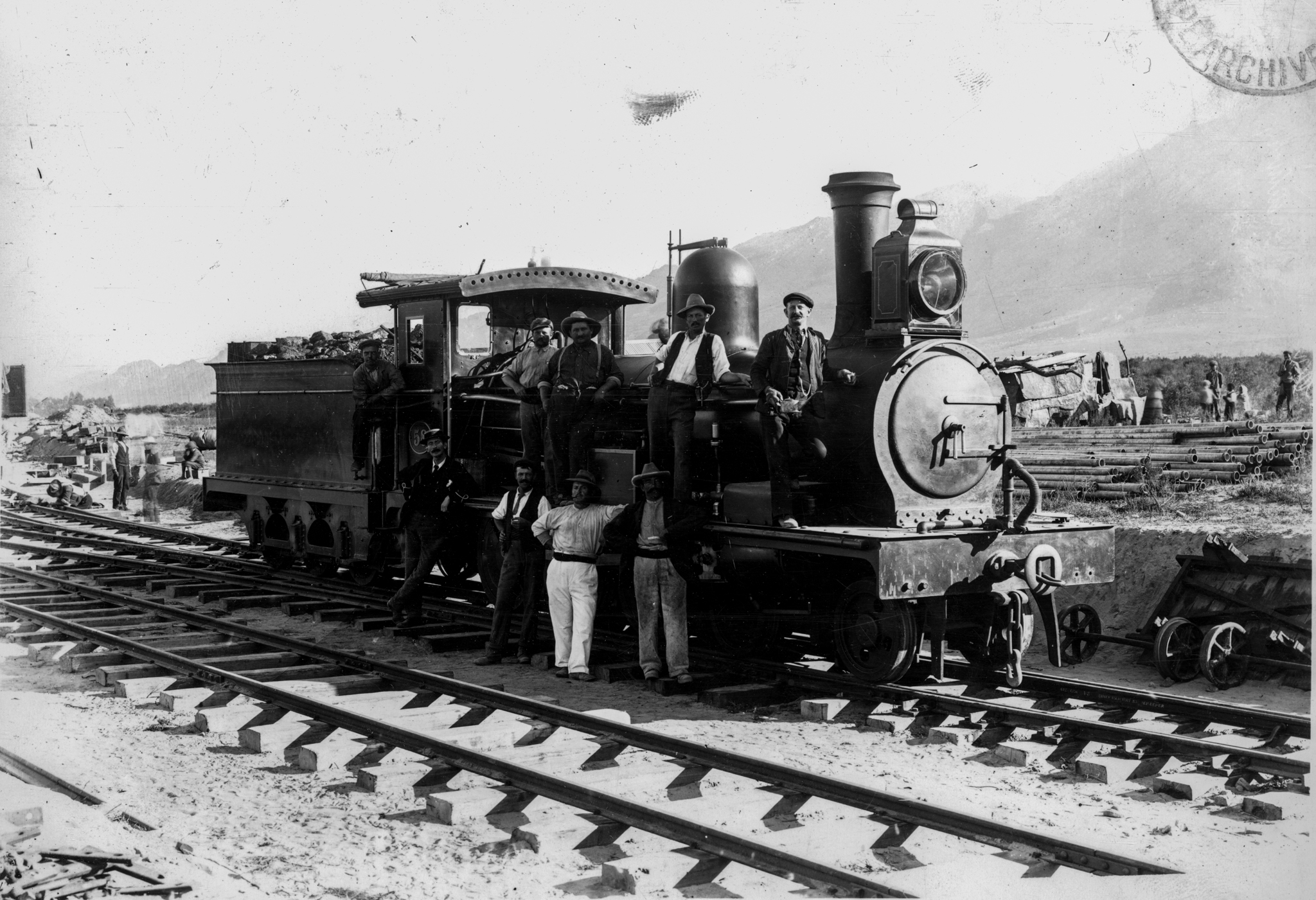
Read more
Educational Gender Inequality in Sub‐Saharan Africa: A Long‐Term Perspective

Read more
Elite Violence and Elite Numeracy in Africa from 1400 CE to 1950 CE: Evidence from an African Game of Thrones
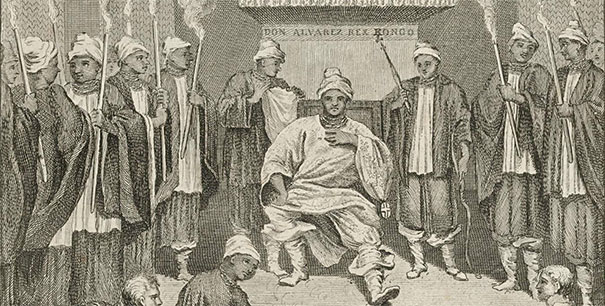
Read more
Historical Experiences and Demand for Health: The Legacy of Colonial Medical Campaigns in Central Africa
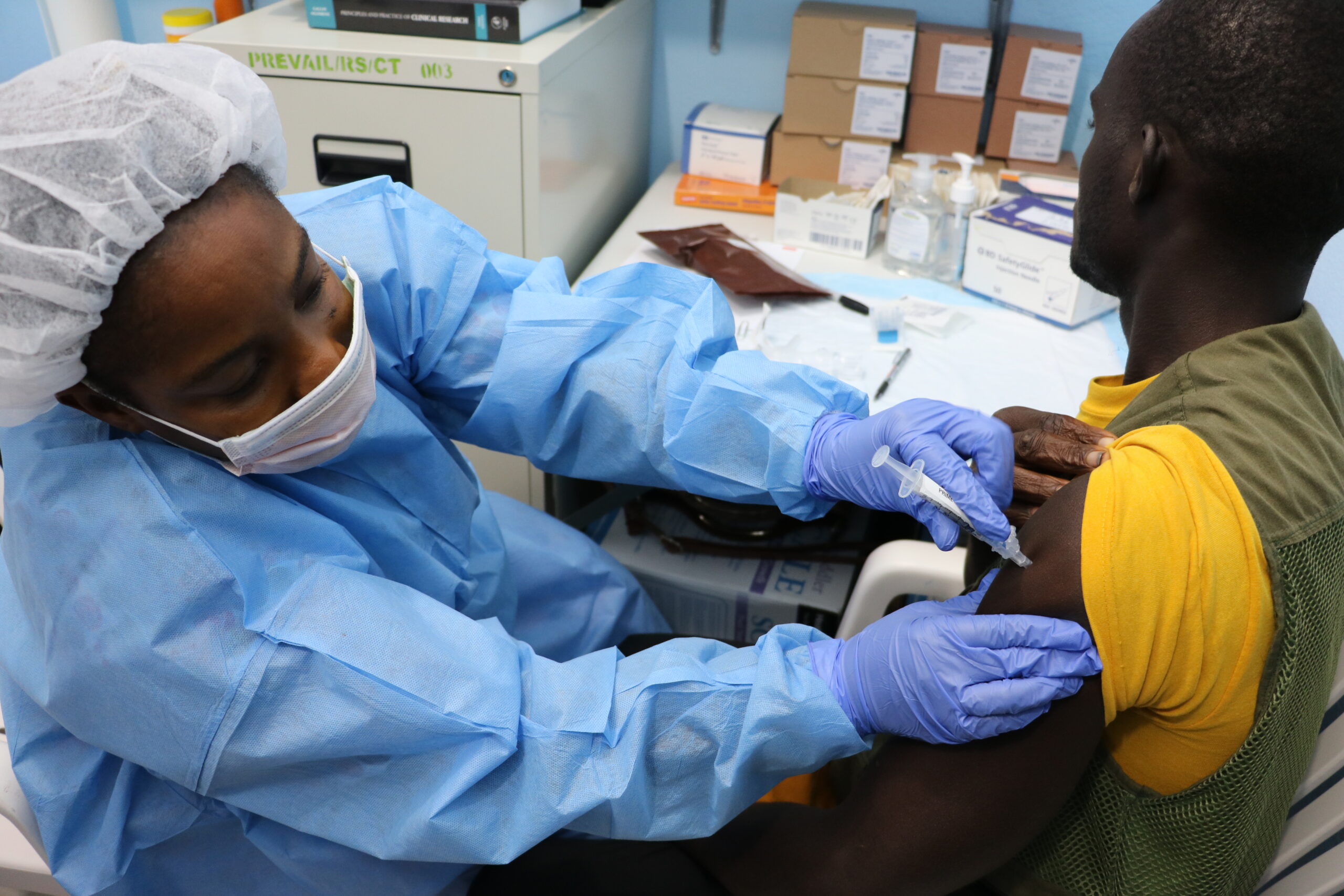
Read more
Colonizer Identity and Trade in Africa: Were the British More Favourable to Free Trade?

Read more
Reconstructing Income Inequality in a Colonial Cash Crop Economy: Five Social Tables for Uganda, 1925–1965
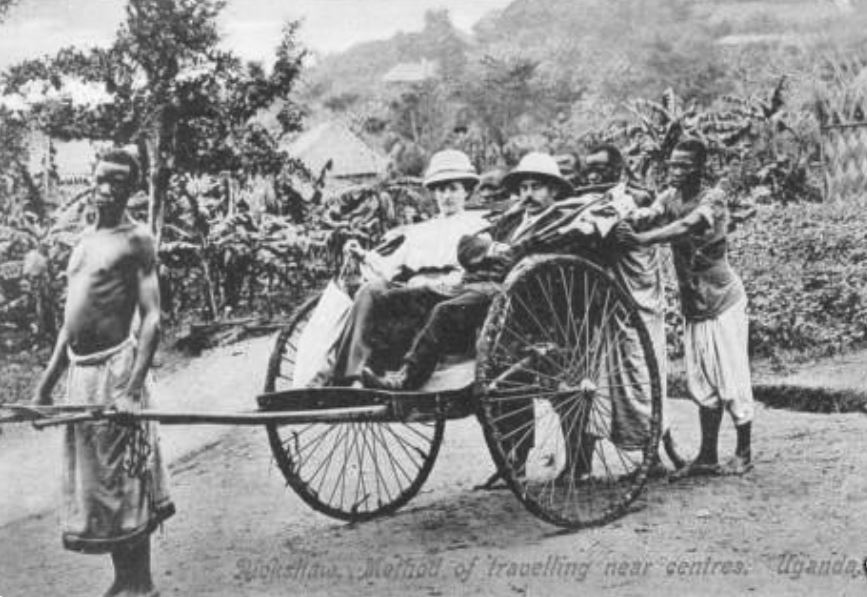
Read more
The Colonial Legacy of Corruption Among Local Elites in Africa

Read more
Fiscal Capacity and Dualism in Colonial States: The French Empire 1830-1962
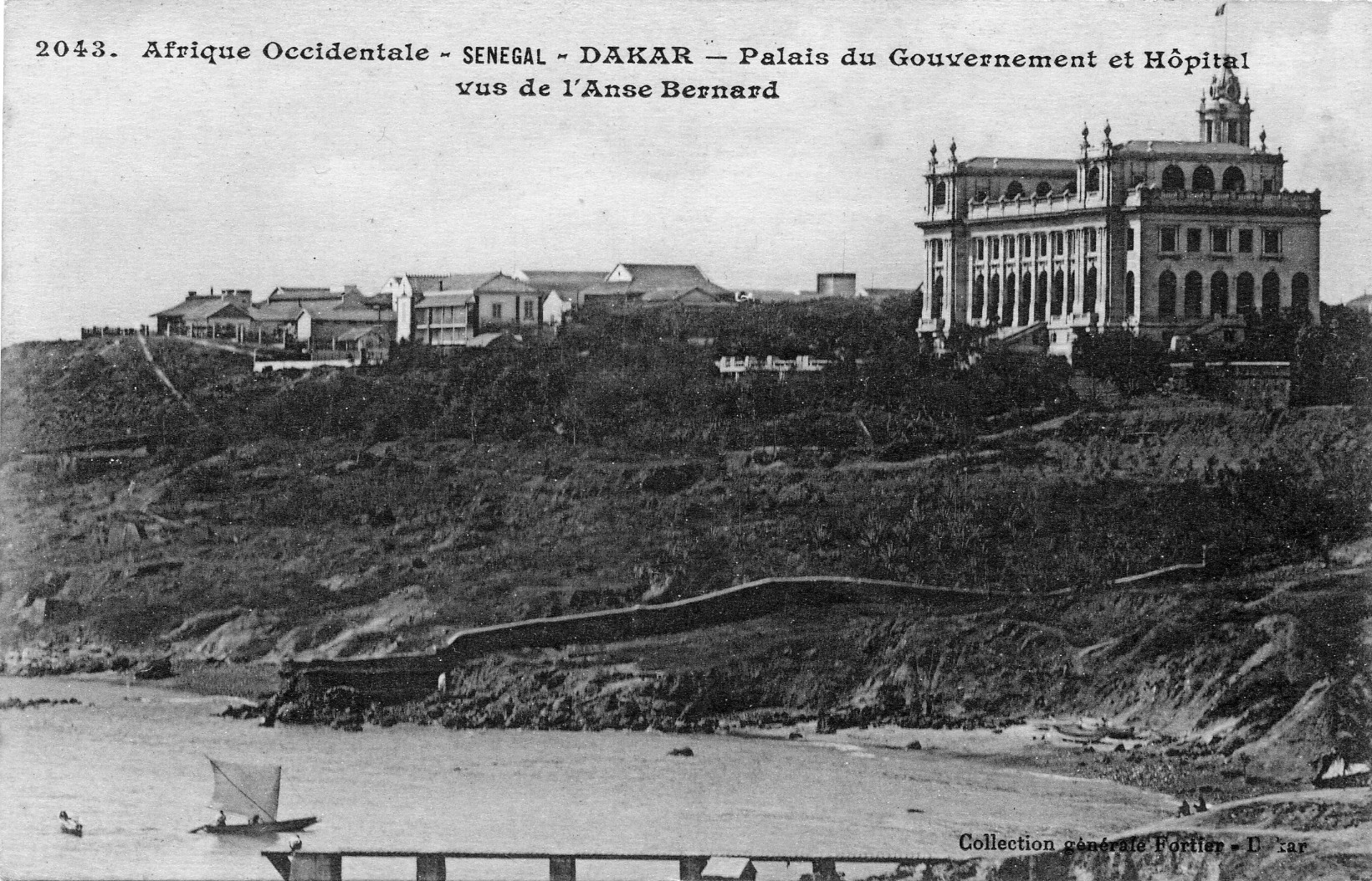
Read more
Colonialism and Female Empowerment: A Two-Sided Legacy
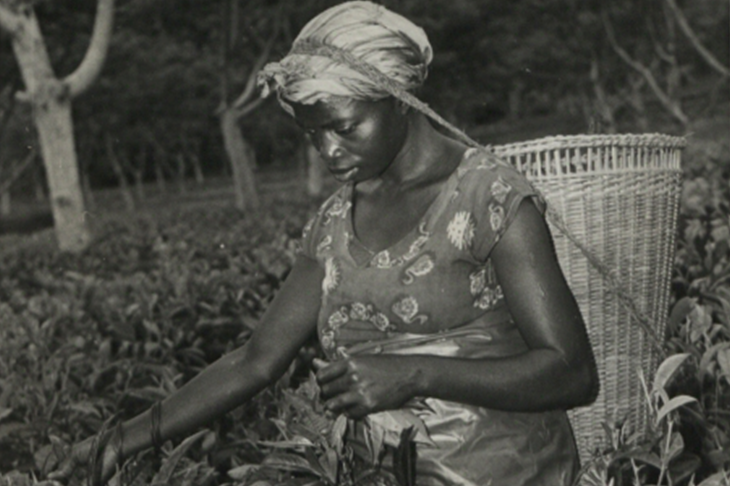
Read more
Continuity or Change? New Evidence on (In)Direct Rule in British and French Colonies
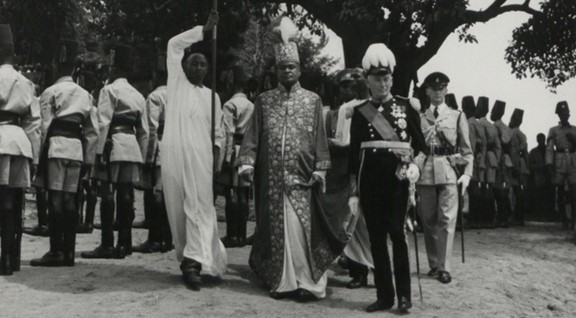
Read more
Things Fall Apart? Missions, Institutions, and Interpersonal Trust

Read more
The Origins of Colonial Investments in Former British and French Africa

Read more
The Influence of Colonialism on Africa’s Welfare: An Anthropometric Study

Read more
How Africans Shaped British Colonial Institutions: Evidence from Local Taxation
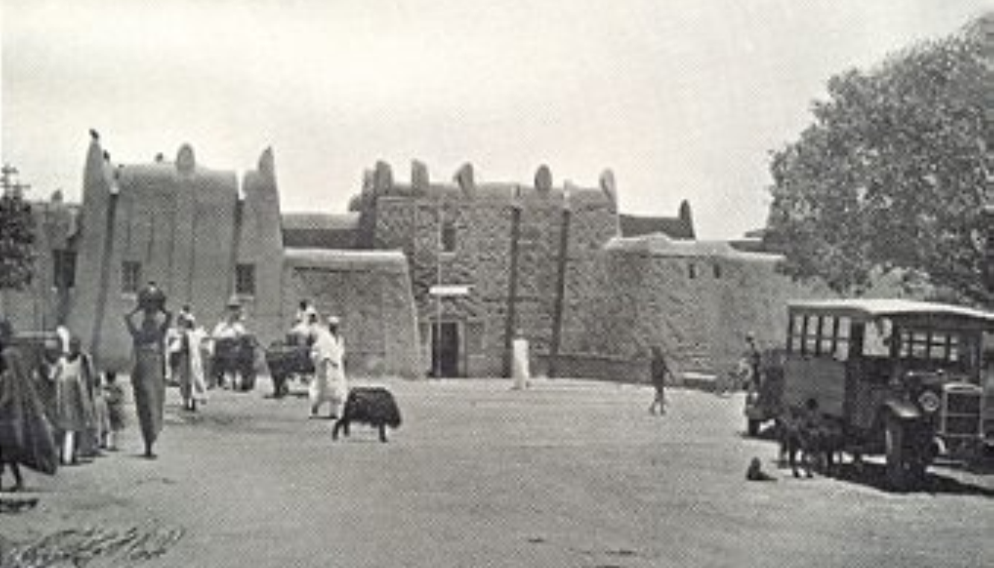
Read more
Numeracy Development in Africa: New Evidence from a Long-Term Perspective (1730-1970)

Read more
Mineral Beneficence in Developing Regions: Insights from the Cape’s Public Finance Policies, 1820-1910
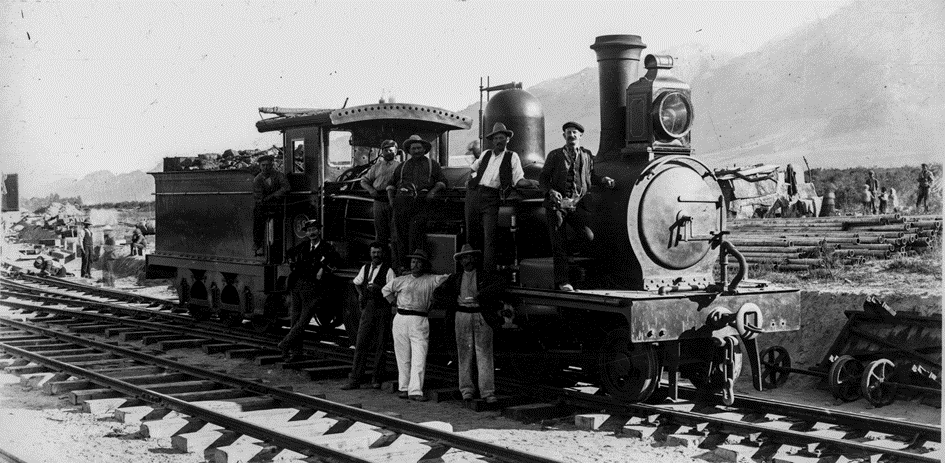
Read more
Historical Legacies and African Development
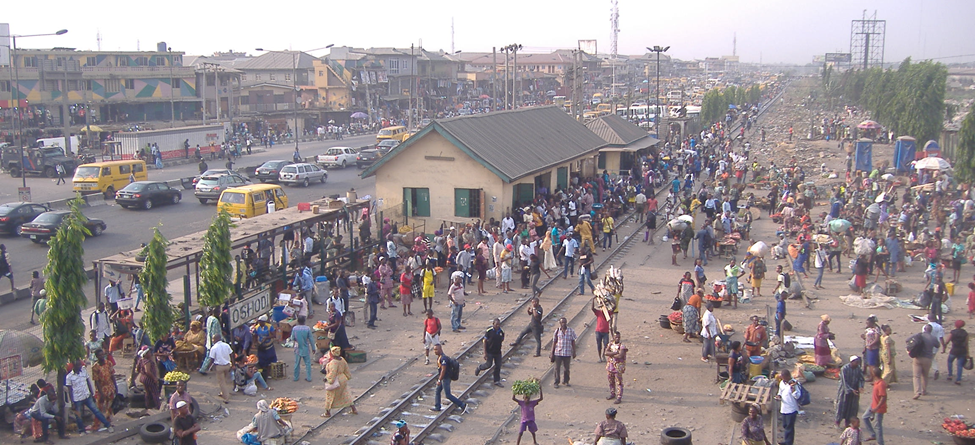
Read more
Tax Bargaining, Fiscal Contracts, and Fiscal Capacity in Ghana: A Long-Term Perspective

Read more
African Long-term Inequality Trends – AFLIT
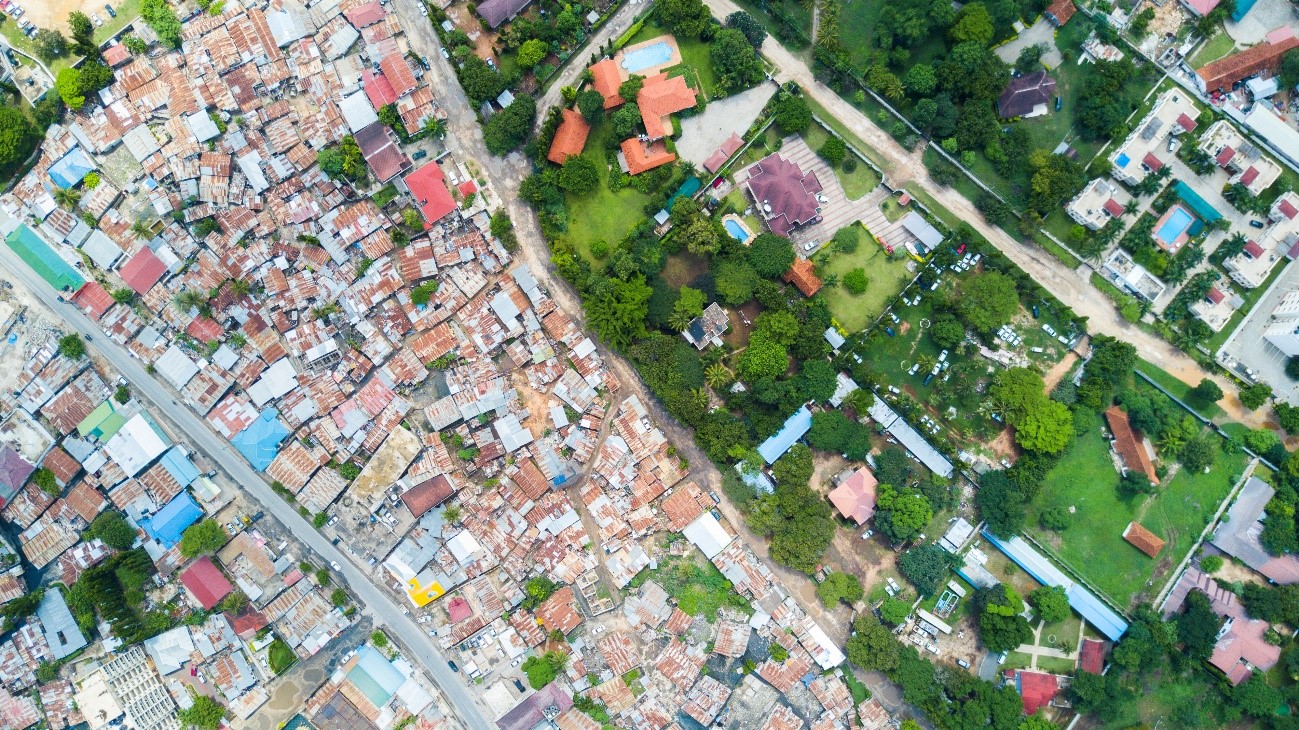
Read more
The Rise and Fall of the Bureaucratic Bourgeoisie: Public Sector Employees and Economic Privilege in Postcolonial Kenya and Tanzania
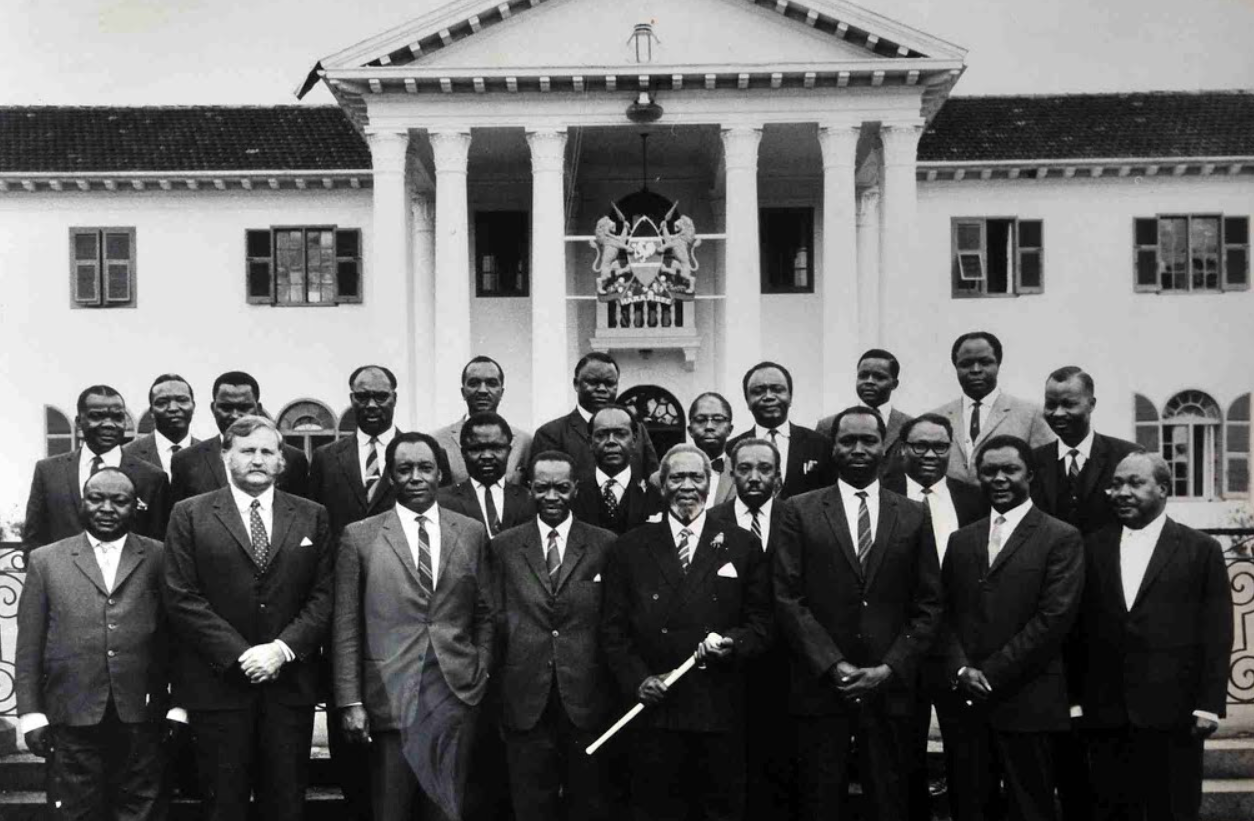
Read more
Labour market formation in post-slavery Africa: Ruanda-Urundi migrants and Buganda’s low wage economy
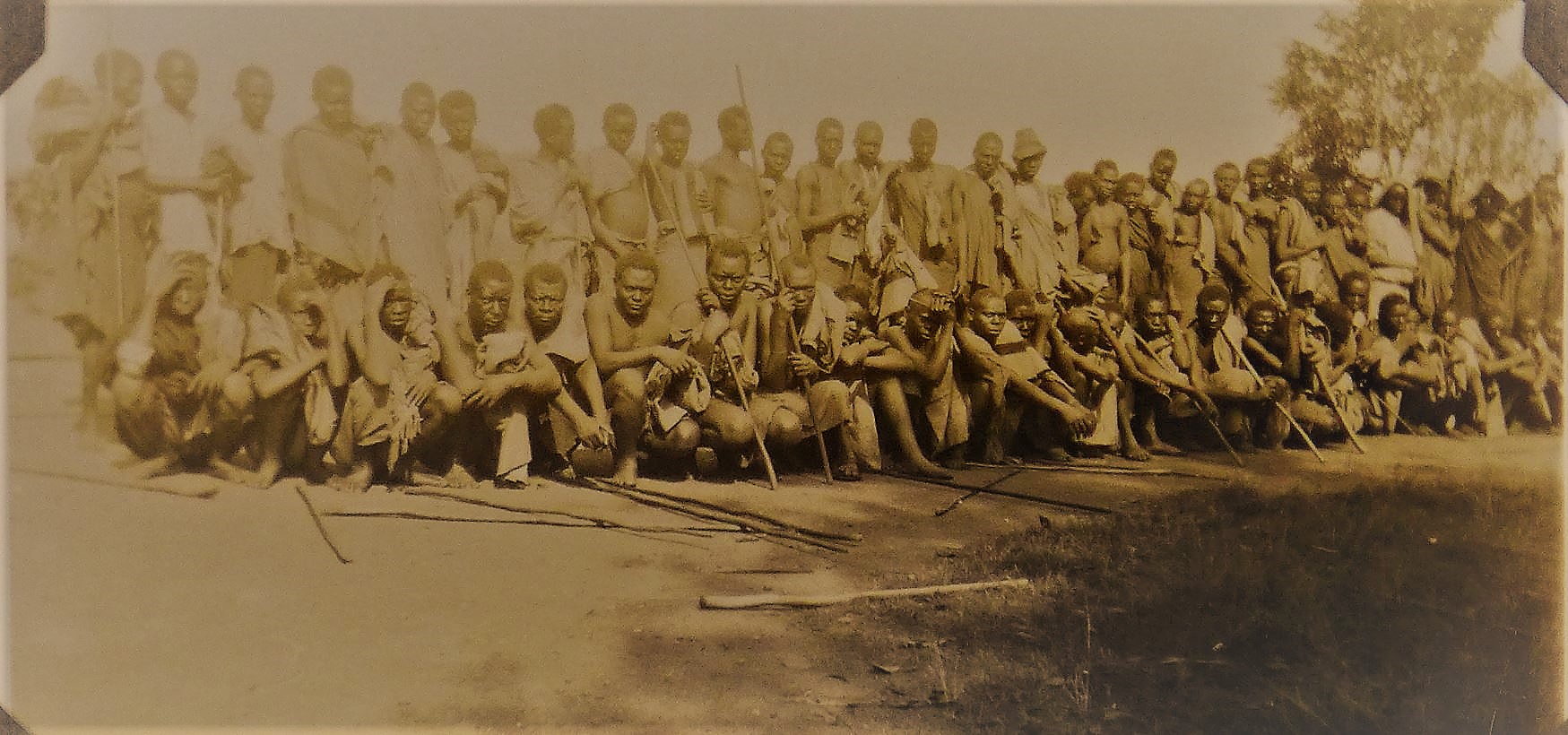
Read more
Covid-19 and African History: Editor’s Introduction to the Virtual JAH Special Issue “Epidemics and Public Health”

Currently Africa, accounting in May 2020 for only 0.8% of confirmed cases and 0.6% of deaths worldwide, is marginal to global analysis of coronavirus. This situation seems likely to change, given the fragility of African health systems, the prevalence of underlying health conditions such...
Read more
COVID-19 in Africa: Navigating Short- and Long-term Strategies

Read more
Long-Run Effects of Forced Resettlement: Evidence from Apartheid South Africa
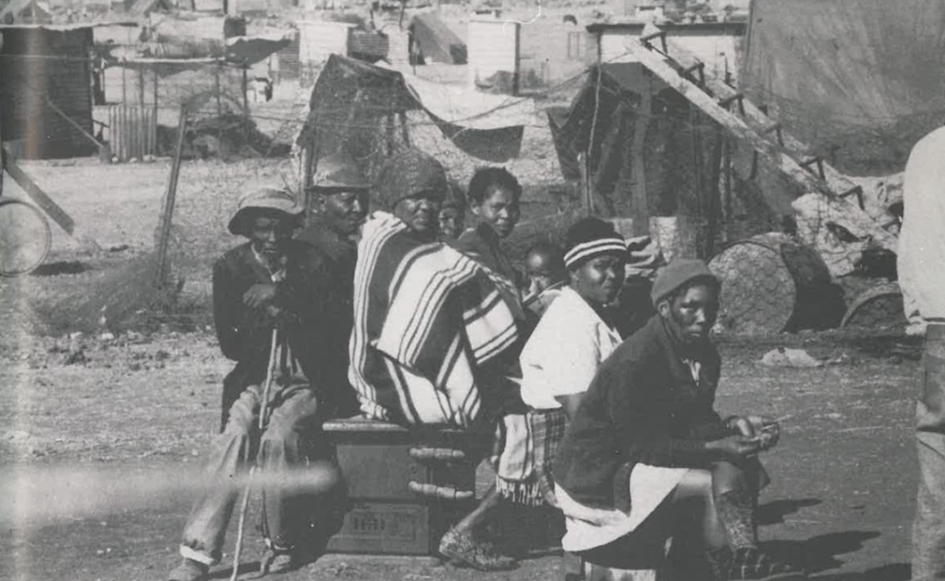
Read more
Writing Economic History with the Archives Nationales du Sénégal

The richness and professionalism of the Senegalese national archives has long been acknowledged by historians of West Africa. Unlike several other countries in West Africa, where political upheaval or civil war have inflicted considerable damage on archival institutions, the Senegalese archives have been well-preserved...
Read more
Interview: Antony Hopkins
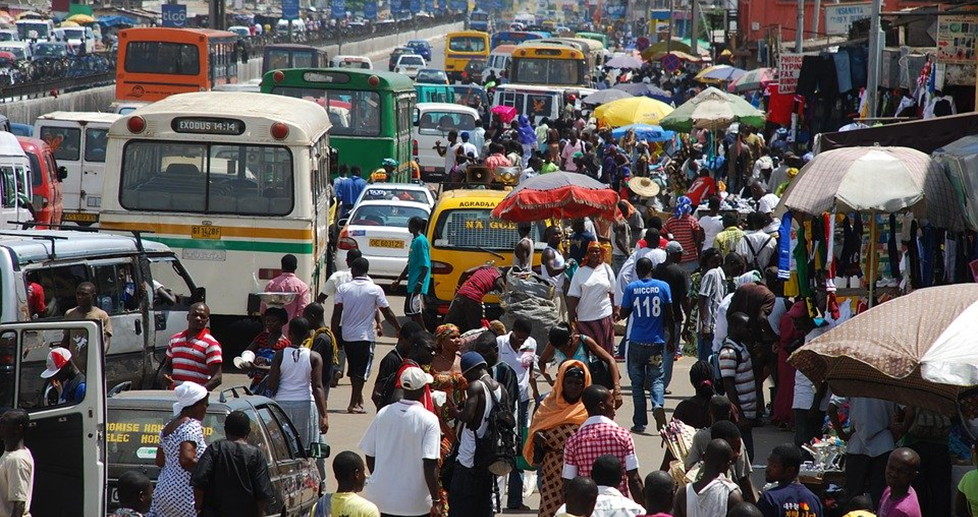
Professor Antony Hopkins, your revised, 2nd edition of An Economic History of West Africa (Routledge, 2019) was published this autumn. Why do you think this book has stood the test of time, and remains a reading list staple for students of African economic history,...
Read more
Interethnic and Interfaith Marriages in Sub-Saharan Africa

Read more
Factor Endowments on the ‘Frontier’: Algerian Settler Agriculture at the Beginning of the 1900
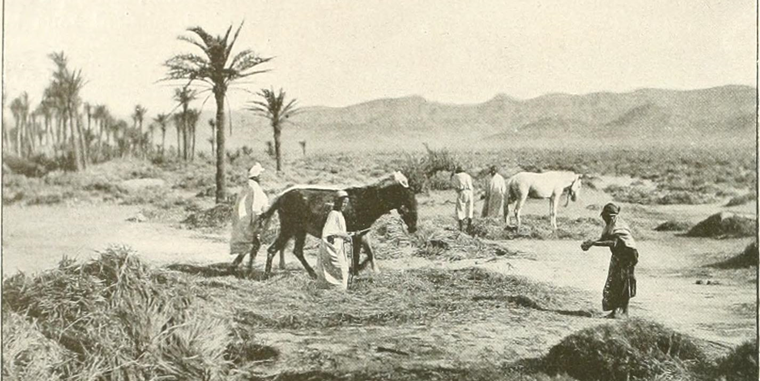
Read more
The Blessings of Medicine? Patient Characteristics and Health Outcomes in a Ugandan Mission Hospital, 1908-1970
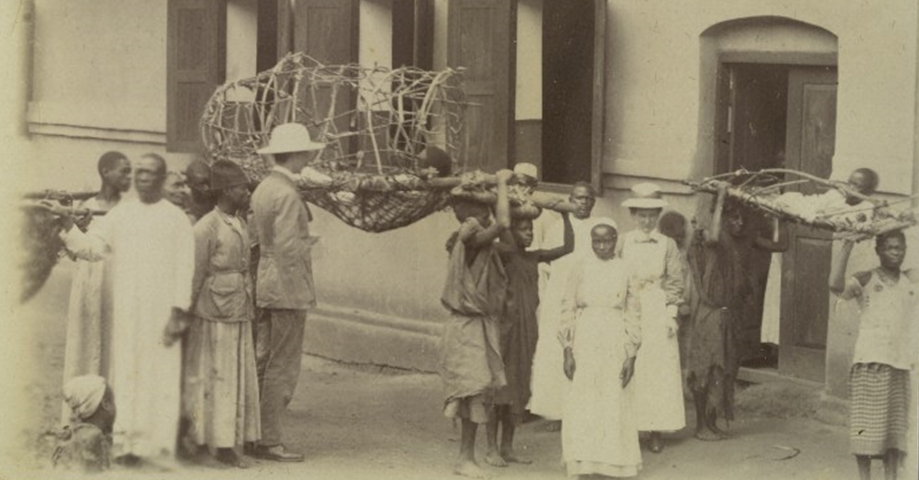
Read more
French and British Colonial Legacies in Education: Evidence from the Partition of Cameroon
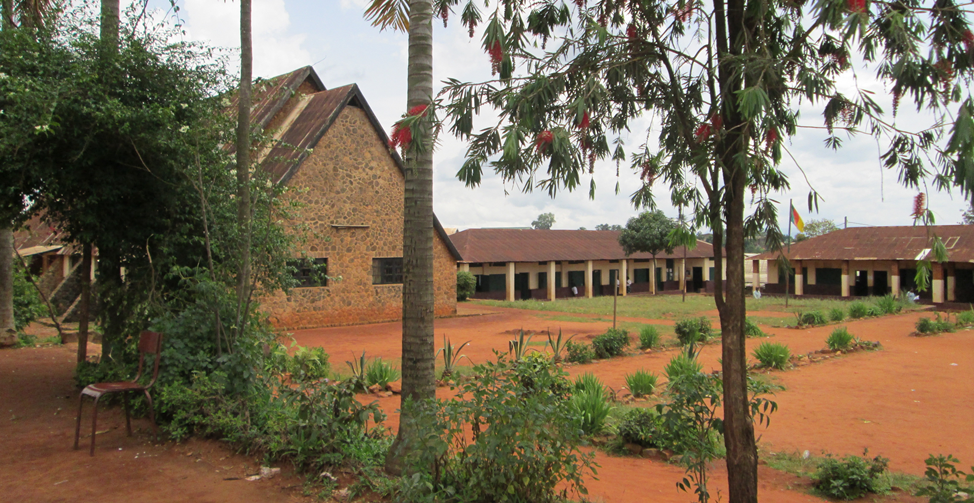
Read more
From Market to Exchange: Early Regulation and Social Organisation on the Johannesburg Stock Exchange, 1887-1892
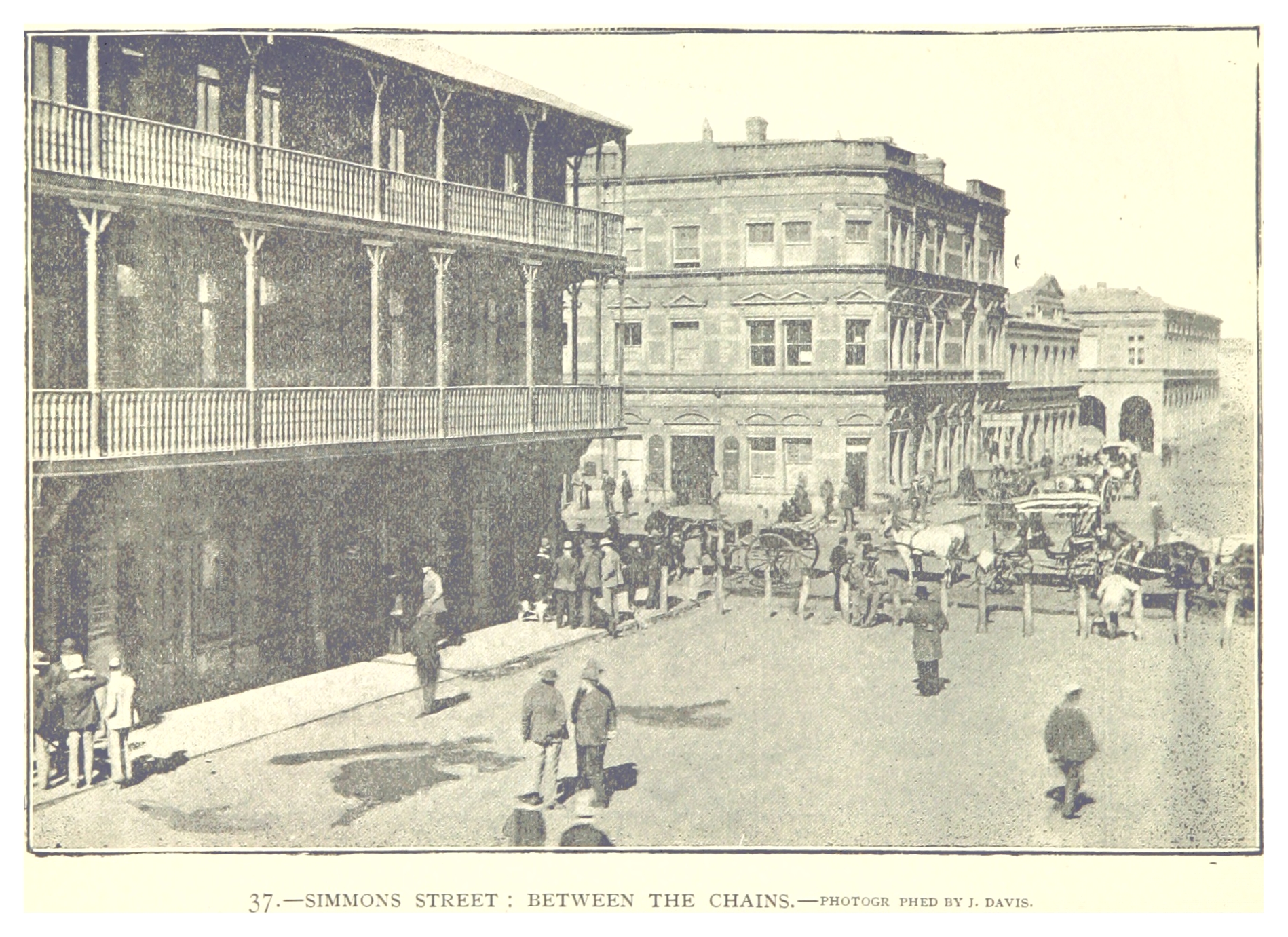
Read more
Mining, Paternalism and the Spread of Education in the Congo since 1920
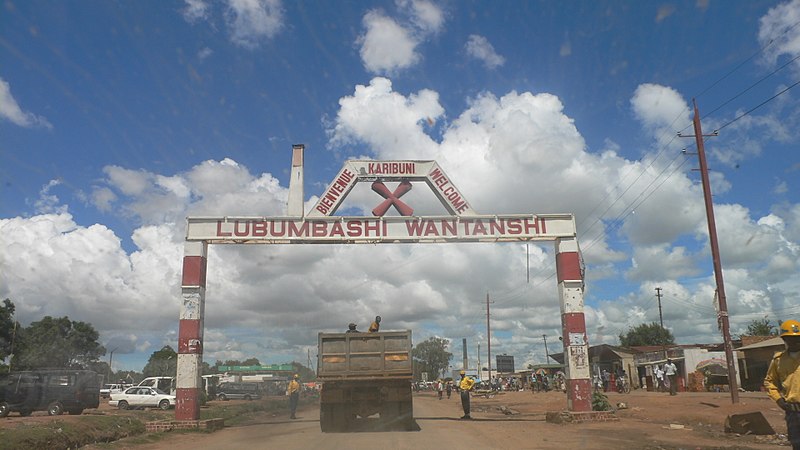
Read more
Labour Control and the Establishment of Profitable Settler Agriculture in Colonial Kenya, c. 1920-45
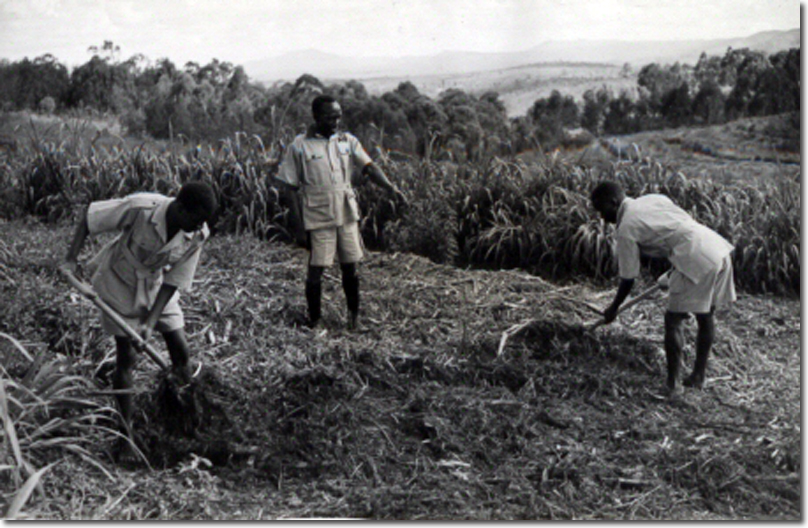
Read more
The Land–Labour Hypothesis in a Settler Economy: Wealth, Labour and Household Composition on the South African Frontier
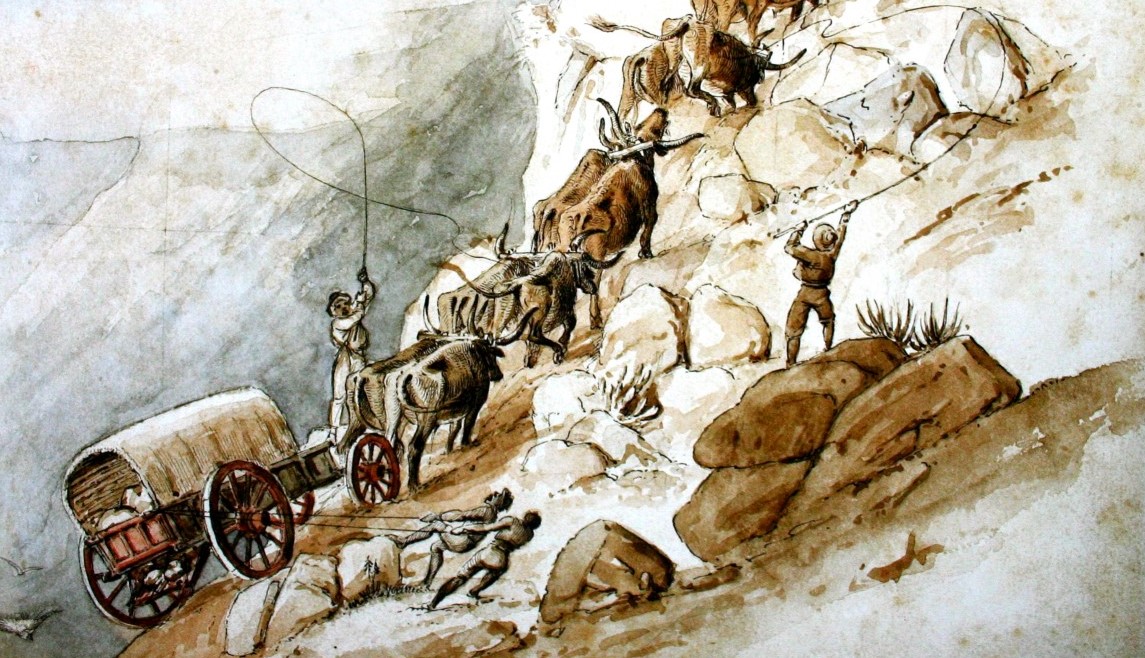
Read more
Family Planning and Fertility in South Africa Under Apartheid

Read more
Africa’s Clientelist Budget Policies Revisited: Public Expenditure and Employment in Kenya, Tanzania and Uganda, 1960–2010
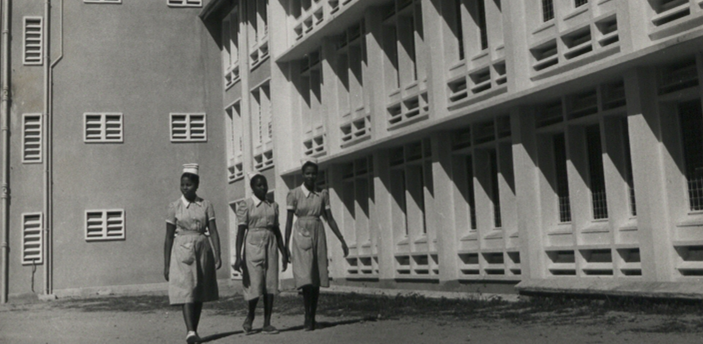
Read more
The Long-Term Effects of Extractive Institutions: Evidence from Trade Policies in Colonial French Africa
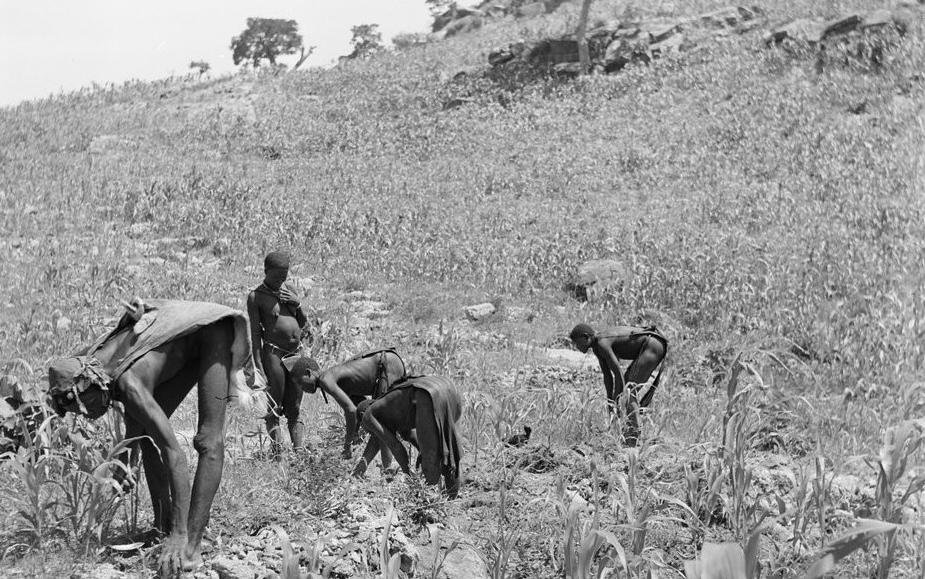
Read more
LEAP Lecture by A.G. Hopkins: “50 Years of African Economic History”

In his lecture, Professor Hopkins shines his light on ideological, methodological and topical trends in African economic history over the past 50 years. The full lecture will appear in the journal Economic History of Developing Regions in several months. For those who can’t wait...
Read more
Africa Rising in Economic History
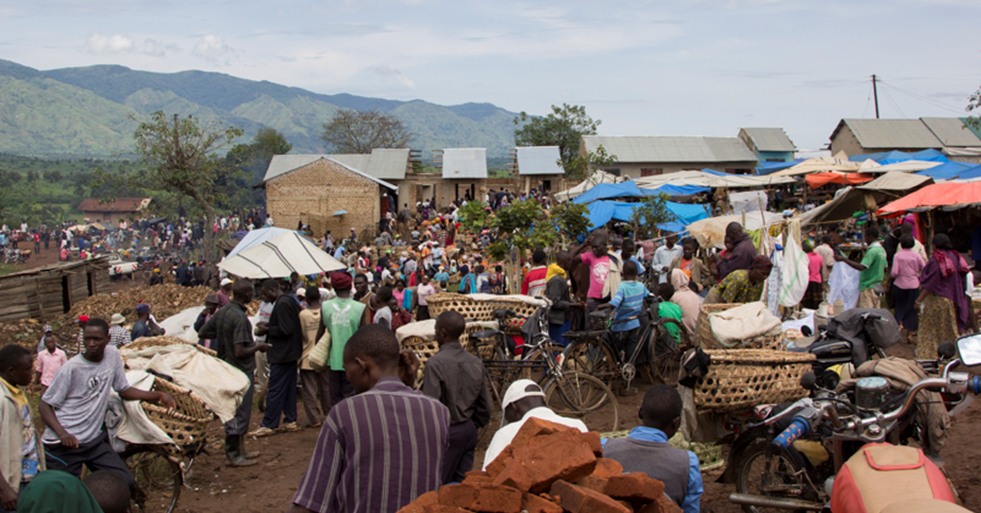
Africa is rising in Economic History. The discipline has seen impressive growth over the past decade. Africa has emerged to become a new frontier in research on the historical roots of global inequality. This growing wave seeks to reconstruct various dimensions of long-term development...
Read more
Financing the African Colonial State: Fiscal Capacity Building and Forced Labor
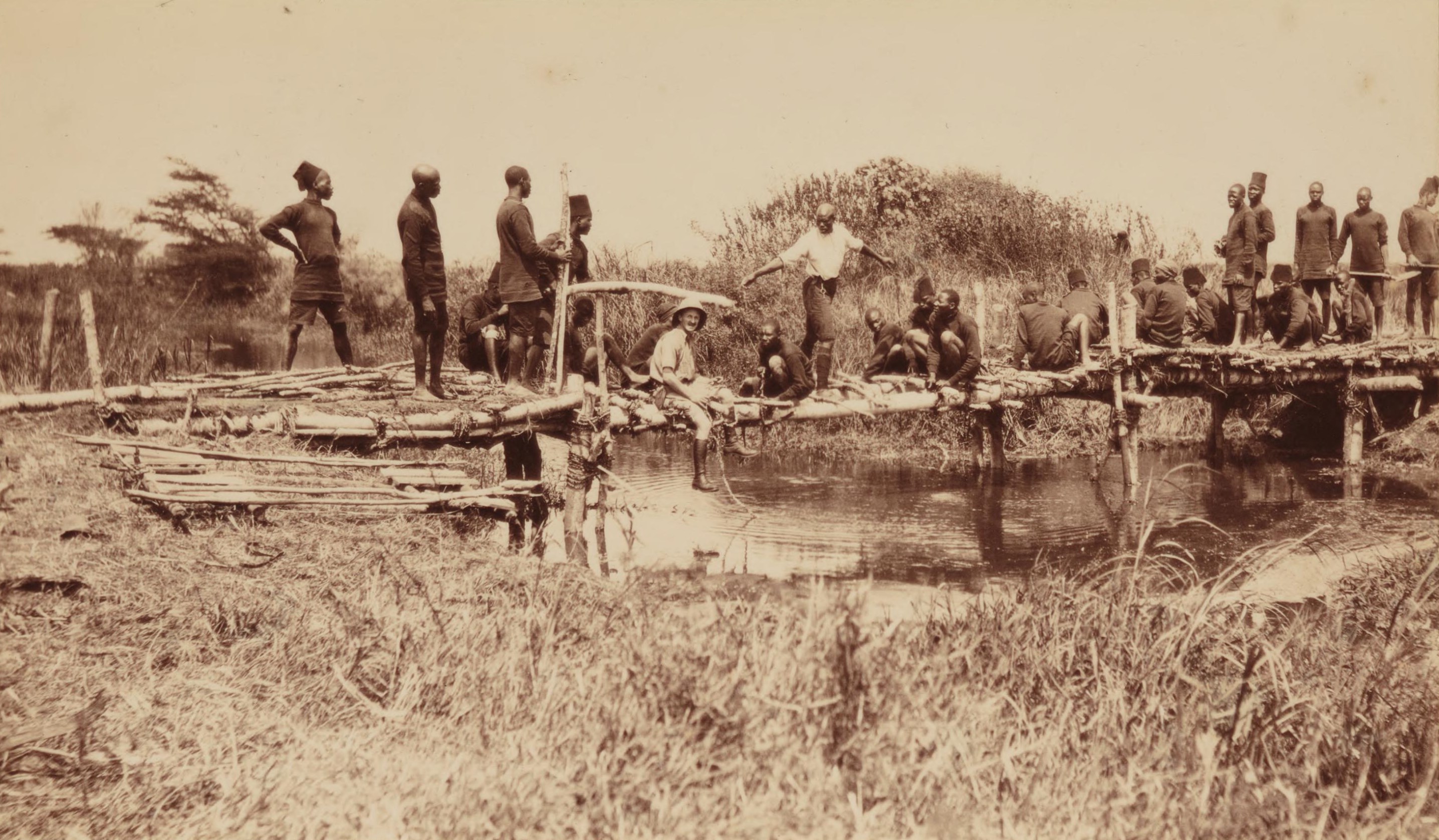
Read more
African Agricultural Productivity and the Transatlantic Slave Trade: Evidence from Senegambia in the Nineteenth Century
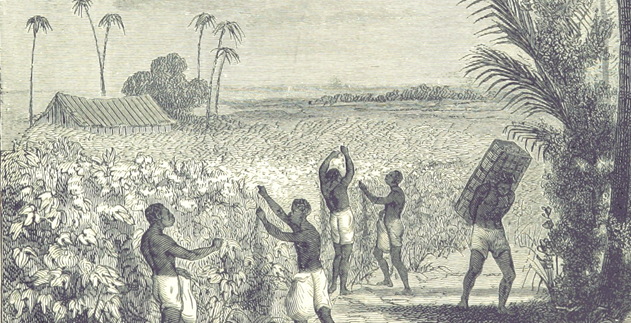
Read more
‘Hail the Census Night’: Trust and Political Imagination in the 1960 Population Census of Ghana

Read more
An Economic Rationale for the West African Scramble? The Commercial Transition and the Commodity Price Boom of 1835–1885
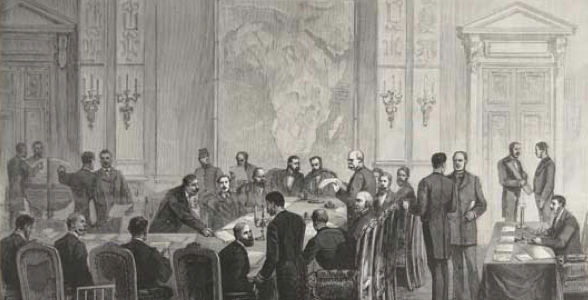
Read more
Disease and Gender Gaps in Human Capital Investment: Evidence from Niger’s 1986 Meningitis Epidemic
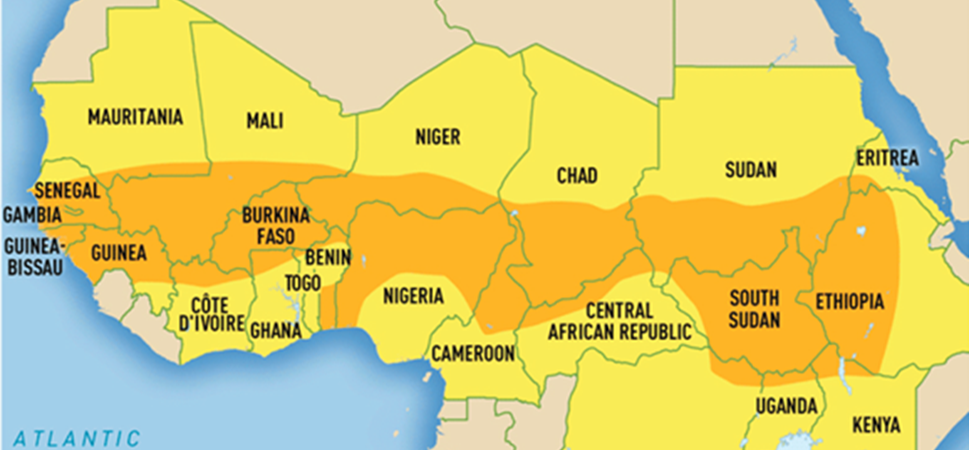
Read more
‘Changing Grounds’. The Development of Coffee Production in the Lake Kivu Region (1918-1960/62)
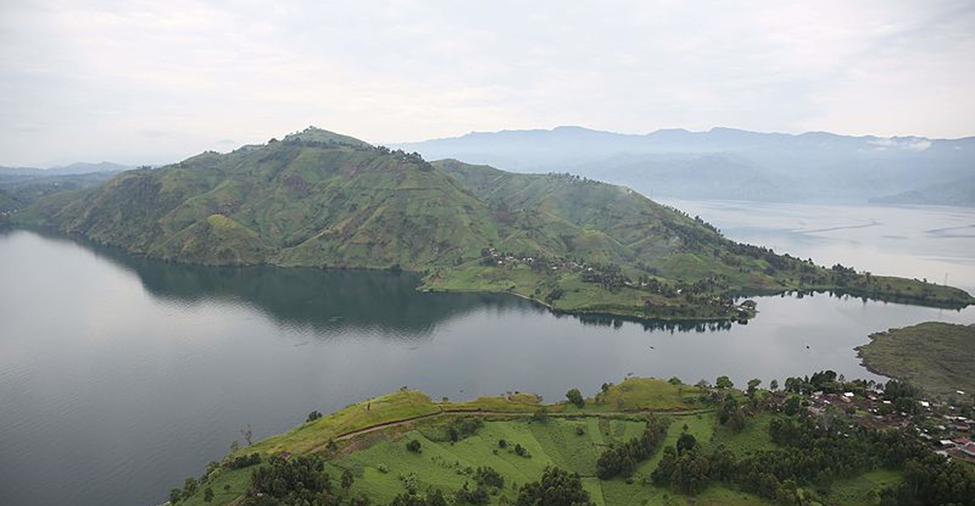
Read more
Trickle-down Ethnic Politics: Drunk and Absent in the Kenya Police Force (1957-1970)
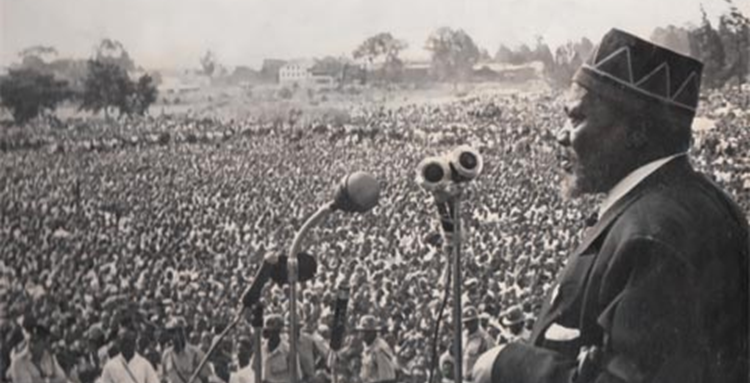
Read more
The Territorial Expansion of the Colonial State: Evidence from German East Africa 1890–1909

Read more
Interview: Emmanuel Akyeampong
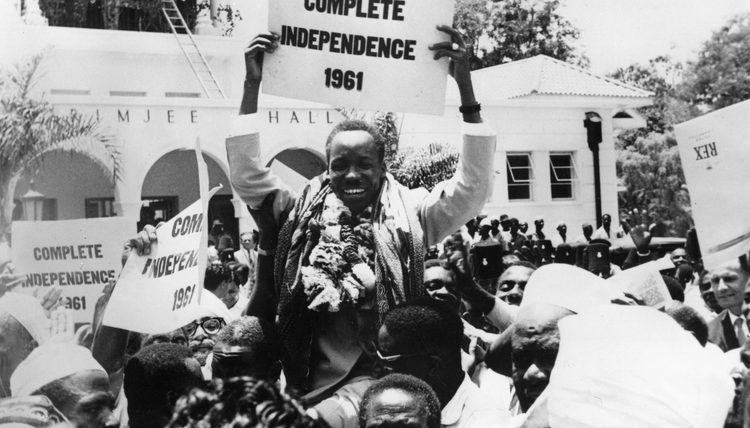
Professor Akyeampong, first of all, thank you for delivering a rich and thought-provoking keynote lecture on ‘African Socialism’ at the Annual Meeting 2017 of the AEHN last October in Stellenbosch. You mentioned that this lecture relates to a research project that will culminate in...
Read more
Indian Textiles and Gum Arabic in the Lower Senegal River: Global Significance of Local Trade and Consumers in the Early Nineteenth Century
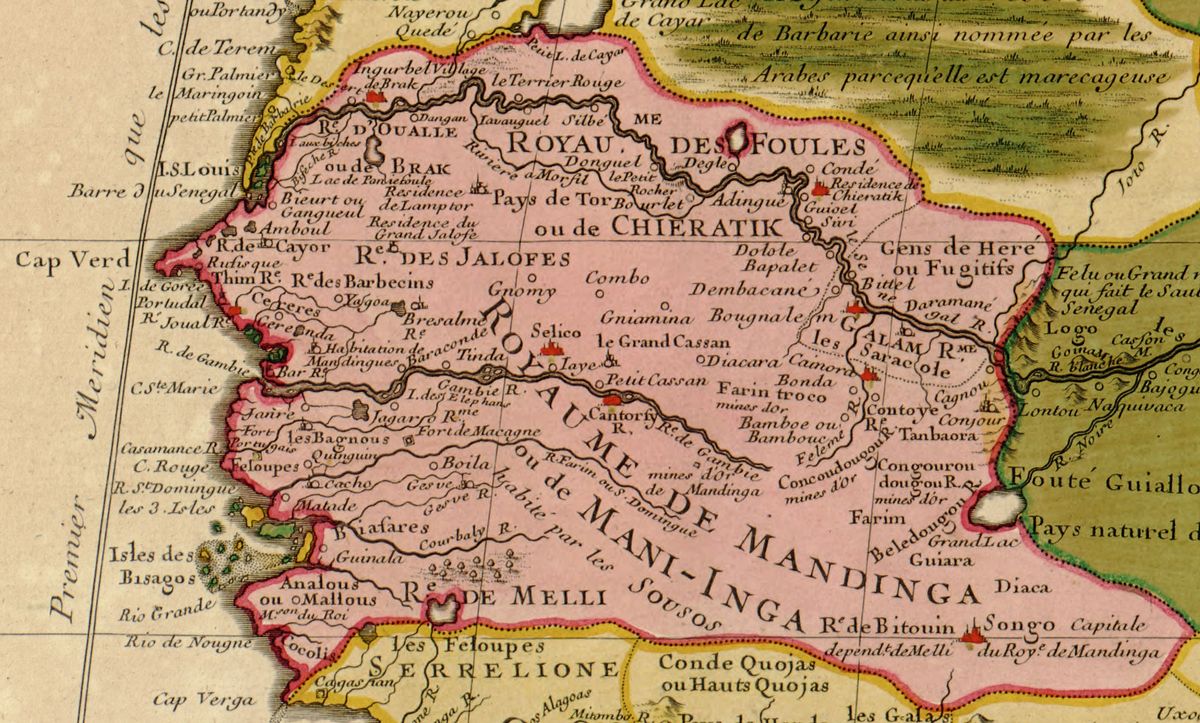
Read more
Social Mobility among Christian Africans: Evidence from Anglican Marriage Registers in Uganda, 1895-2011
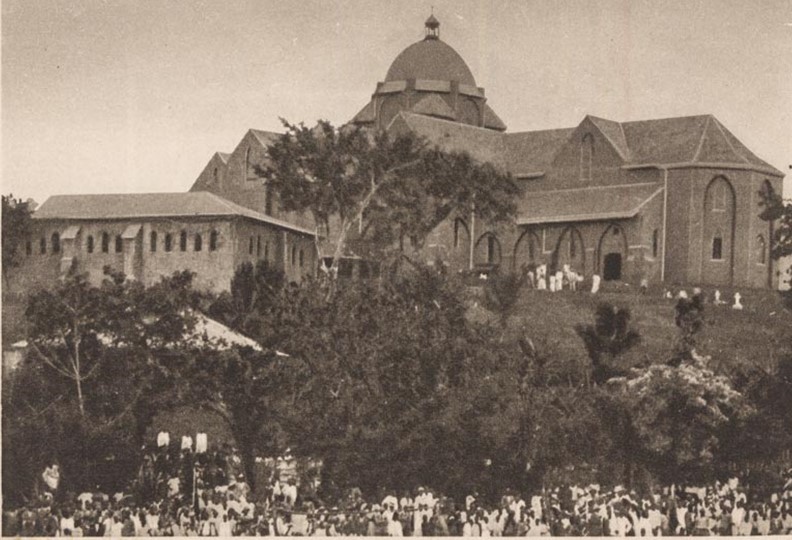
Read more
Colonialism or Supersanctions: Sovereignty and Debt in West Africa, 1871-1914

Read more
Colonial State Formation Without Integration: Tax Capacity and Labour Regimes in Portuguese Mozambique (1890s–1970s)
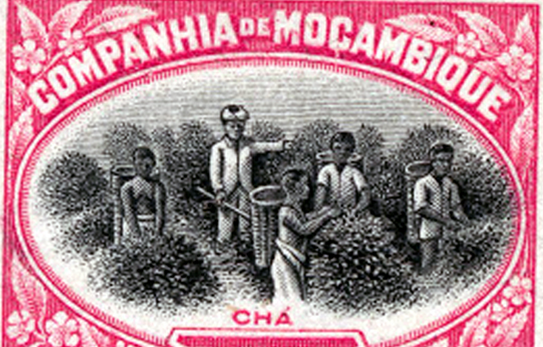
Read more
European Trade, Colonialism, and Human Capital Accumulation in Senegal, Gambia and Western Mali, 1770-1900
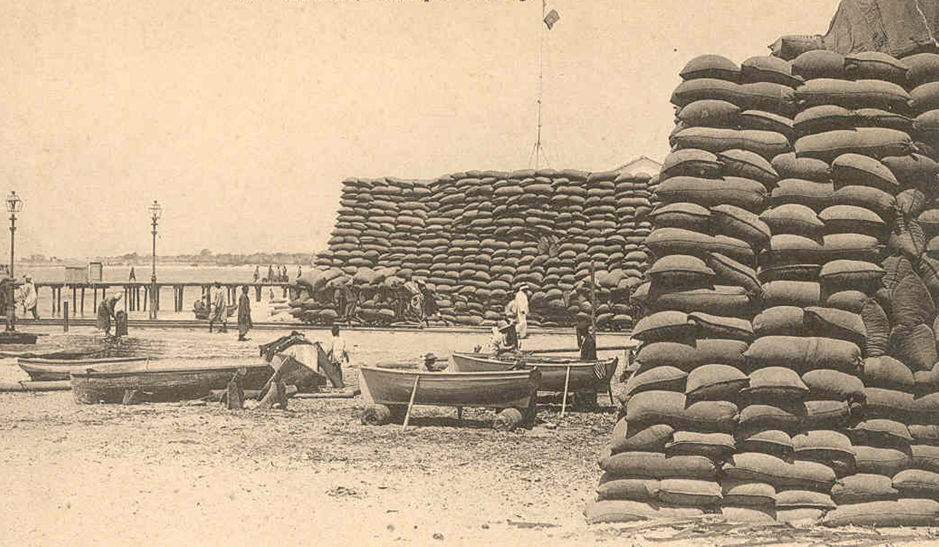
Read more
Slave ship provisioning in the long 18th century. A boost to West African commercial agriculture?

Read more
From the Archives: experiences of doing historical demography in Northern Ghana
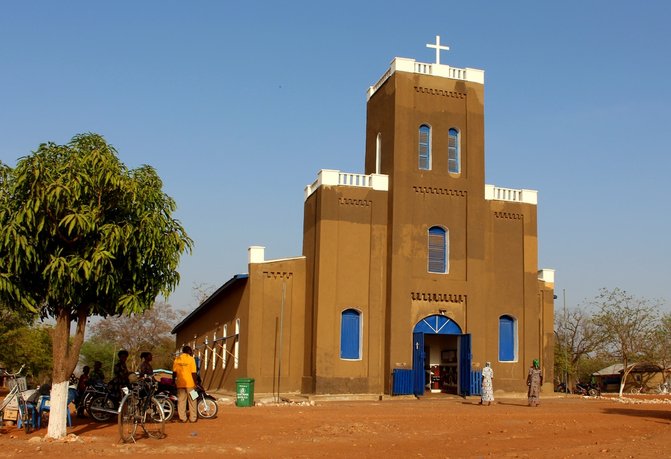
African historical demography has received comparatively little attention with respect to the wider field of historical demography. In 1977, the Centre for African Studies at the University of Edinburgh devoted its annual seminar to African historical demography. The co-convenors at the time, Christopher Fyfe...
Read more
Long-term trends in economic inequality: Lessons from colonial Botswana 1921–1974
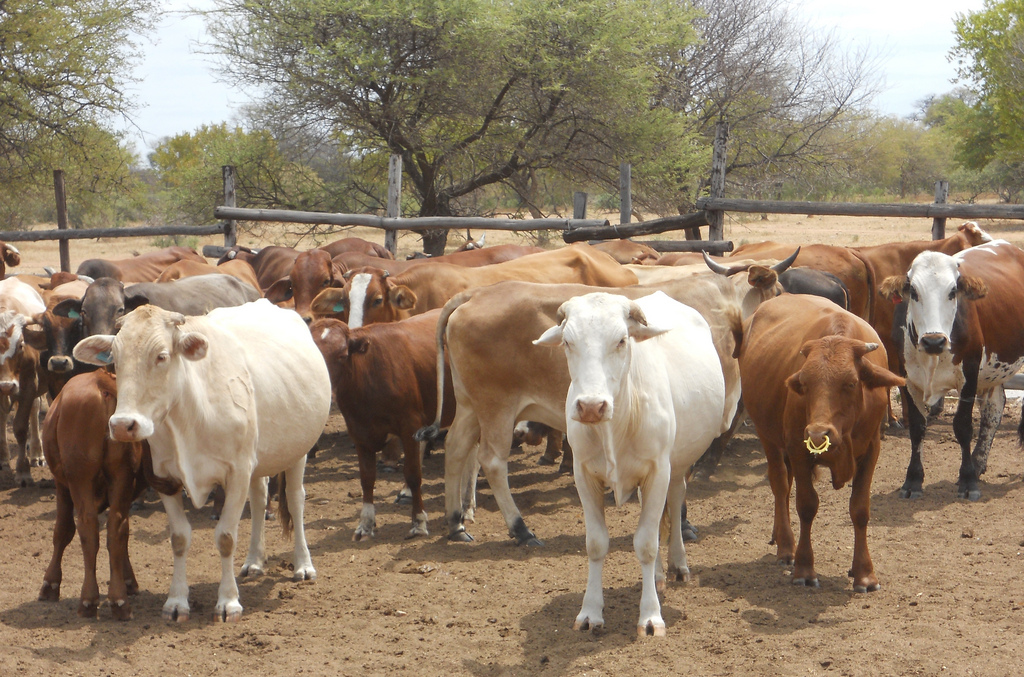
Read more
Weather Shocks and Agricultural Commercialization in Colonial Tropical Africa: Did Export Crops Alleviate Social Distress?

Read more
From Coercion to Compensation: Institutional Responses to Labour Scarcity in the Central African Copperbelt
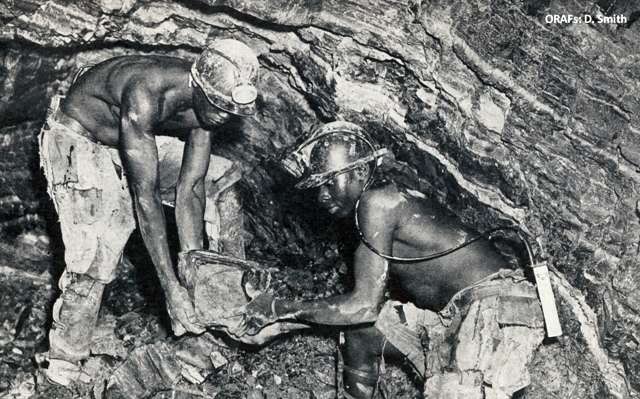
The Central African Copperbelt offers a fascinating case for a comparative study of colonial institutional development. After the discovery of copper deposits in the first decade of the twentieth century, European investors and mining companies were confronted with the problem of labour recruitment in...
Read more
Interview: Paul Lovejoy
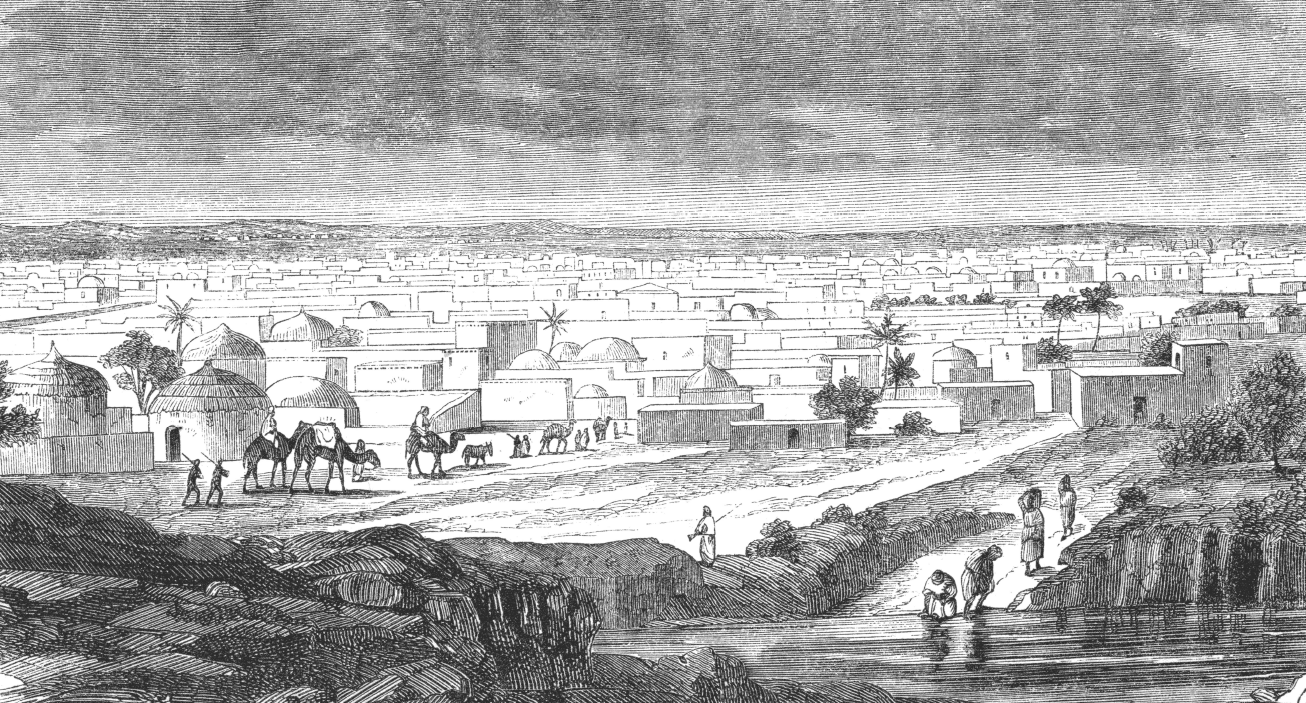
Prof. Lovejoy, you held the keynote at the 2016 Meeting of the AEHN hosted by the University of Sussex. It was also your first attendance of the Annual Meeting of the AEHN. What was your impression of the AEHN and the conference? Have you been involved...
Read more
Measuring rural welfare in colonial Africa: did Uganda’s smallholders thrive?
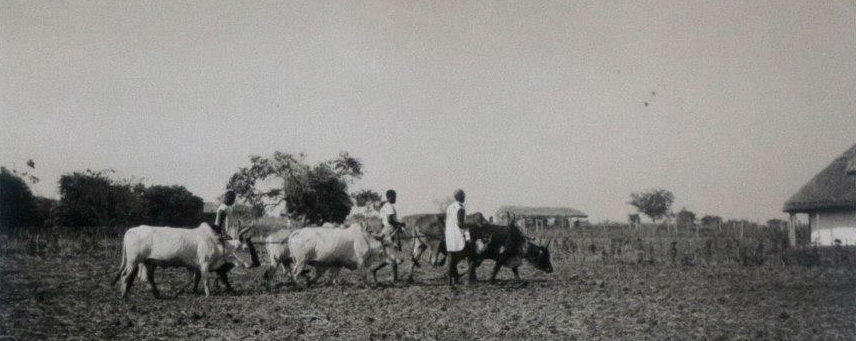
Recent studies have uncovered long-term trends in welfare development in sub-Saharan Africa. But what do we know about the living standards of the large majority of rural dwellers in colonial Africa? Do we have data of sufficient precision and quality to reconstruct economic activity...
Read more
The data revolution in African Economic History
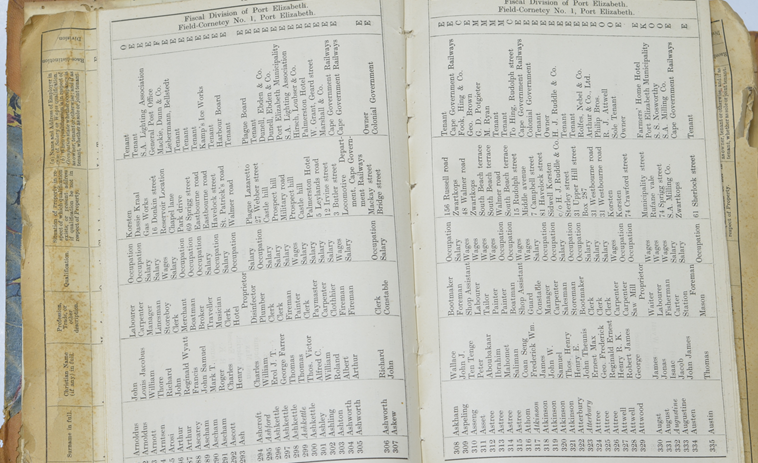
A few years ago, I took my graduate Economics students to the Cape Town Archives. Most of them had never been there, and it was fun to show them the original manuscripts that contained the information some of them had used in essays and...
Read more
Was the wage burden too heavy? Profits and wages on European settler farms
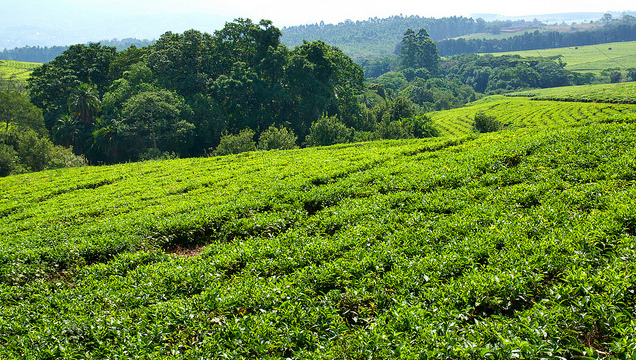
European settler expansion in Africa has been defined by Mosley as "colonisation of underdeveloped areas by European producers who became economically dependent on the indigenous population" (1983, p. 237). Europeans who decided to open up farms in Africa faced the challenge of securing access...
Read more
Intra-household labor allocation in colonial Nigeria
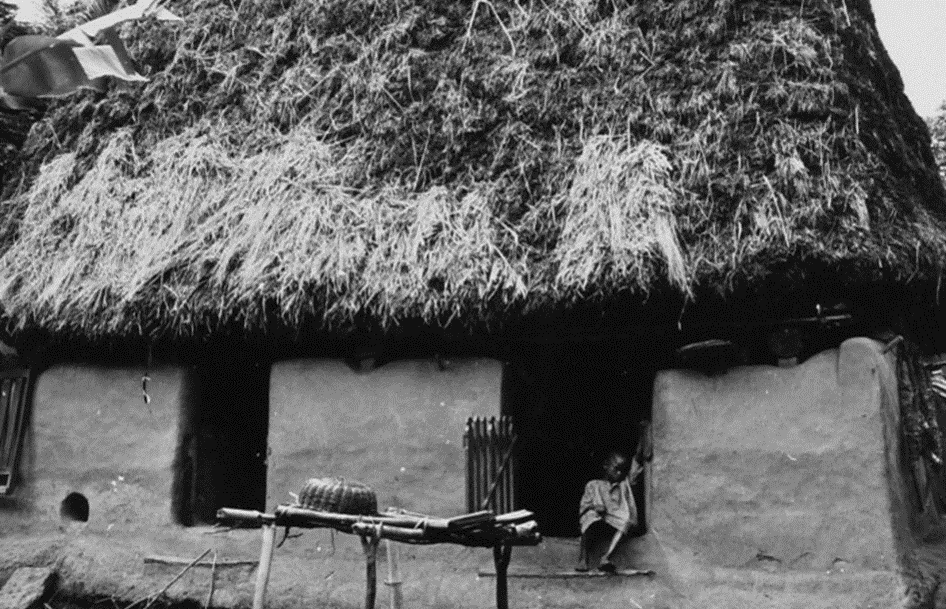
How have households in developing countries historically coped with shocks to their labor supply? Time is often the most valuable resource available to poor households, and its allocation across labor and other tasks is a crucial coping mechanism used by the poor in response...
Read more
The trans-Atlantic slave trade and local political fragmentation in Africa
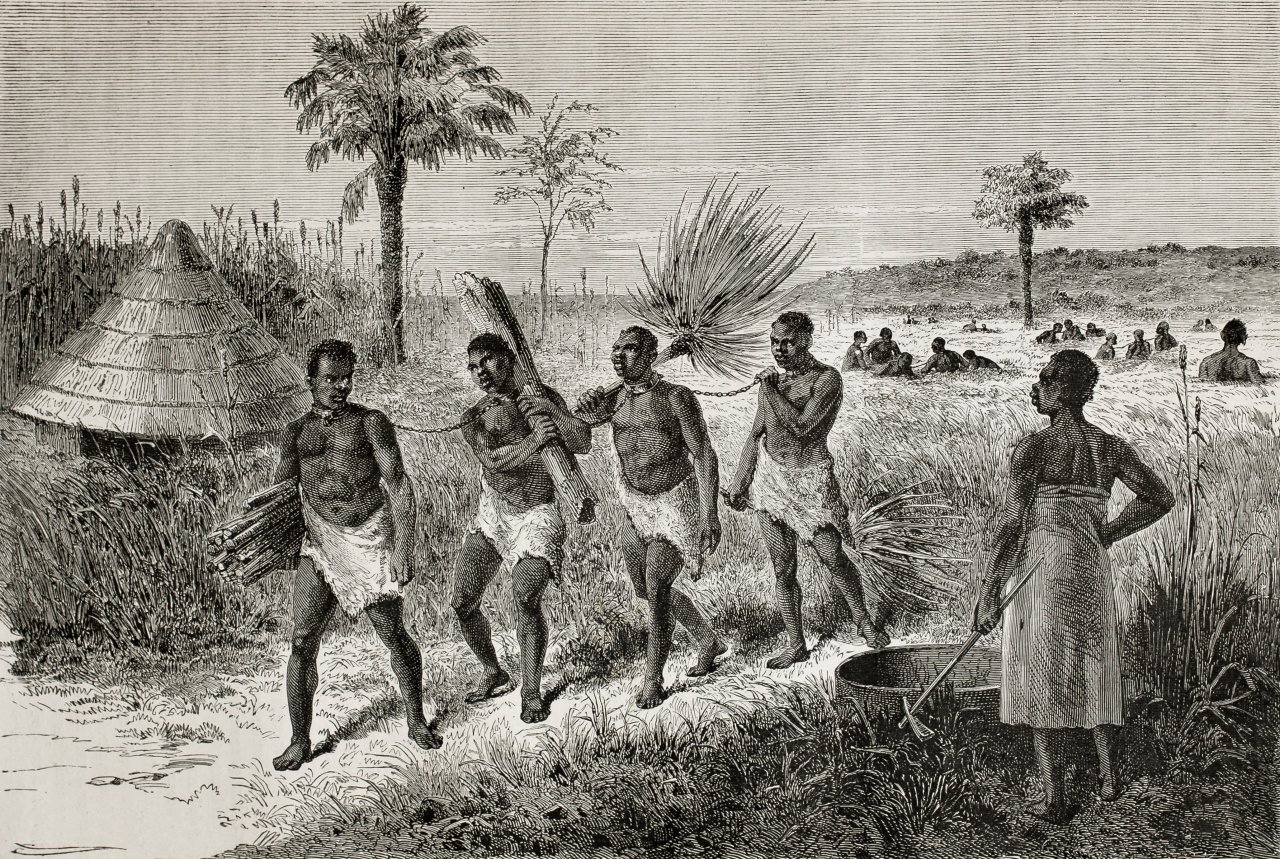
Political institutions and the balance of political power strongly influence the evolution of economic institutions, making them important for economic growth. The nature of political institutions and the distribution of political power and influence, in their turn, can be significantly affected by major events...
Read more
Doing Economic History in Africa: experiences from the archives in Uganda

The field of African Economic History is flourishing. The rising number of participants at the annual meeting of the AEHN, the increasing flow of articles in mainstream economic history journals and thriving research groups in Lund, Wageningen and Stellenbosch, just to name some of...
Read more
Monetary practices and currency transitions in early colonial Uganda
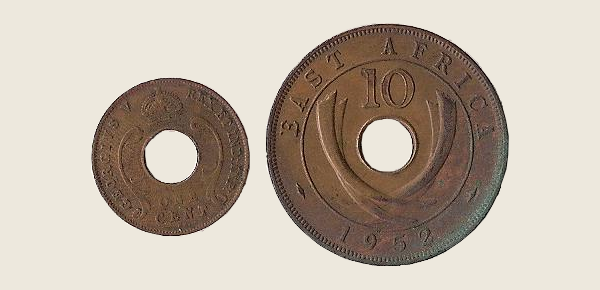
Introduction When discussing currency matters, colonial officials often observed that Africans had no pockets as an explanation for Africans’ use of strings of cowrie shells or beads as money carried around their necks. The dichotomy between pocketed and strung currencies brings to light different...
Read more
Interview: Patrick Manning

Patrick, you began your illustrious career in African economic history in the late 1960s. How has the field evolved over time? I completed my PhD in 1969 and published my first book, on Dahomey 1640-1960, in 1982. The field was then small, interdisciplinary, and...
Read more
How Colonial Railroads defined Africa’s Economic Geography
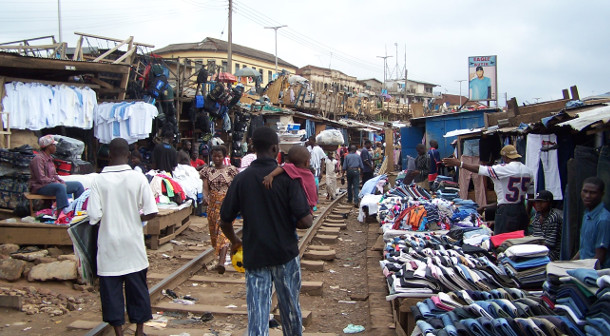
Do infrastructure investments have the potential to transform Africa’s economic geography? Today, Africa suffers a massive infrastructure deficit (Calderón and Servén 2010). The World Bank estimates that sub-Saharan Africa has fewer than 16 km of road per 100 km2 of land surface, which is...
Read more
Witchcraft Beliefs and the Erosion of Social Capital
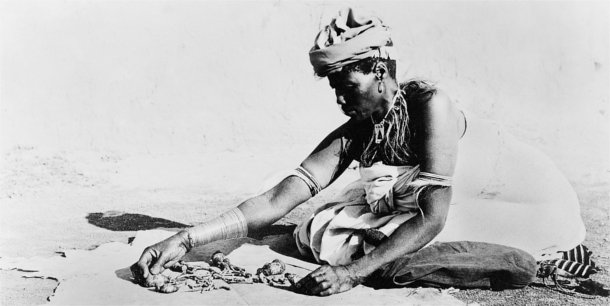
Belief in witchcraft, broadly defined as the ability to use supernatural techniques to harm others or acquire wealth, is a deep-rooted cultural phenomenon which still represents a salient feature of daily life in many parts of the African continent and beyond. While witchcraft beliefs...
Read more
Interview: Ewout Frankema
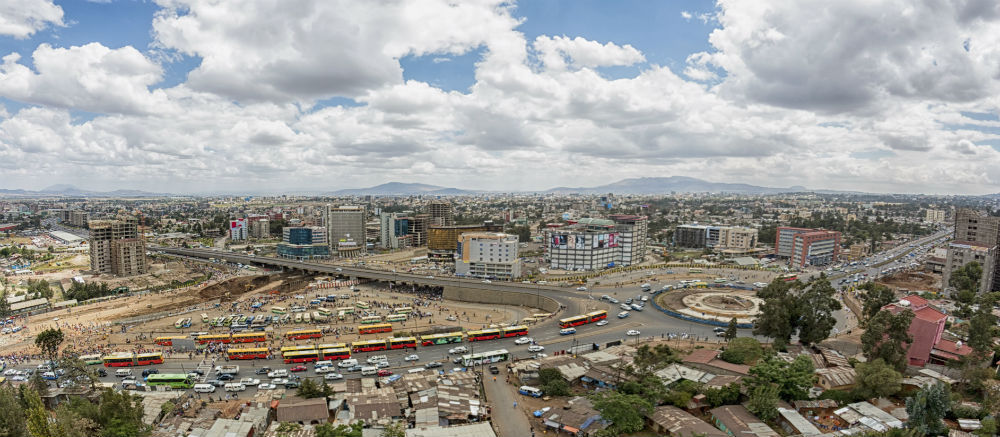
Ewout, you were trained as a historian and economist and wrote your PhD thesis on inequality in Latin America. What made you invest so much of your professional energy in African economic history? A better understanding of the nature and historical origins of global...
Read more
The launch of Frontiers in African Economic History

We are delighted to launch the AEHN’s new blog, Frontiers in African Economic History. The editorial team consists of Michiel de Haas, Kate Frederick (both Wageningen University) and Felix Meier zu Selhausen (University of Southern Denmark & University of Sussex). The aim of this...
Read more